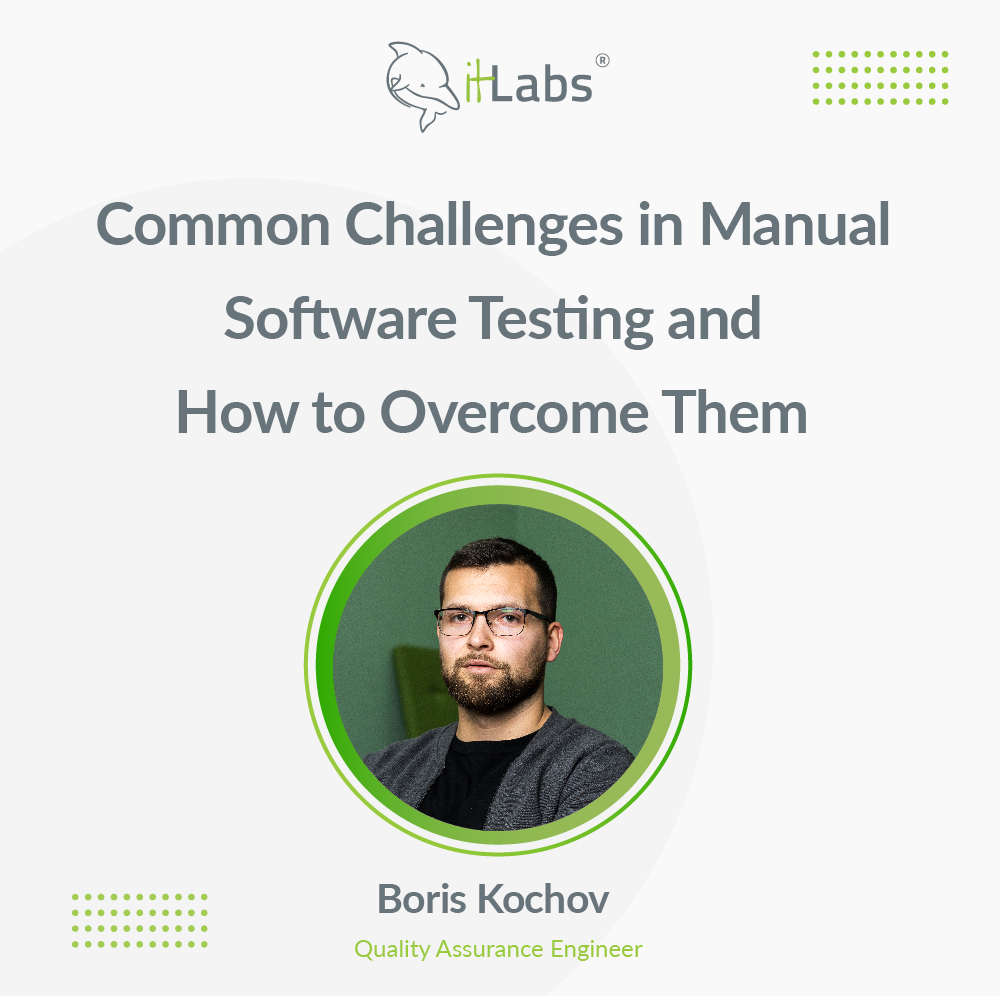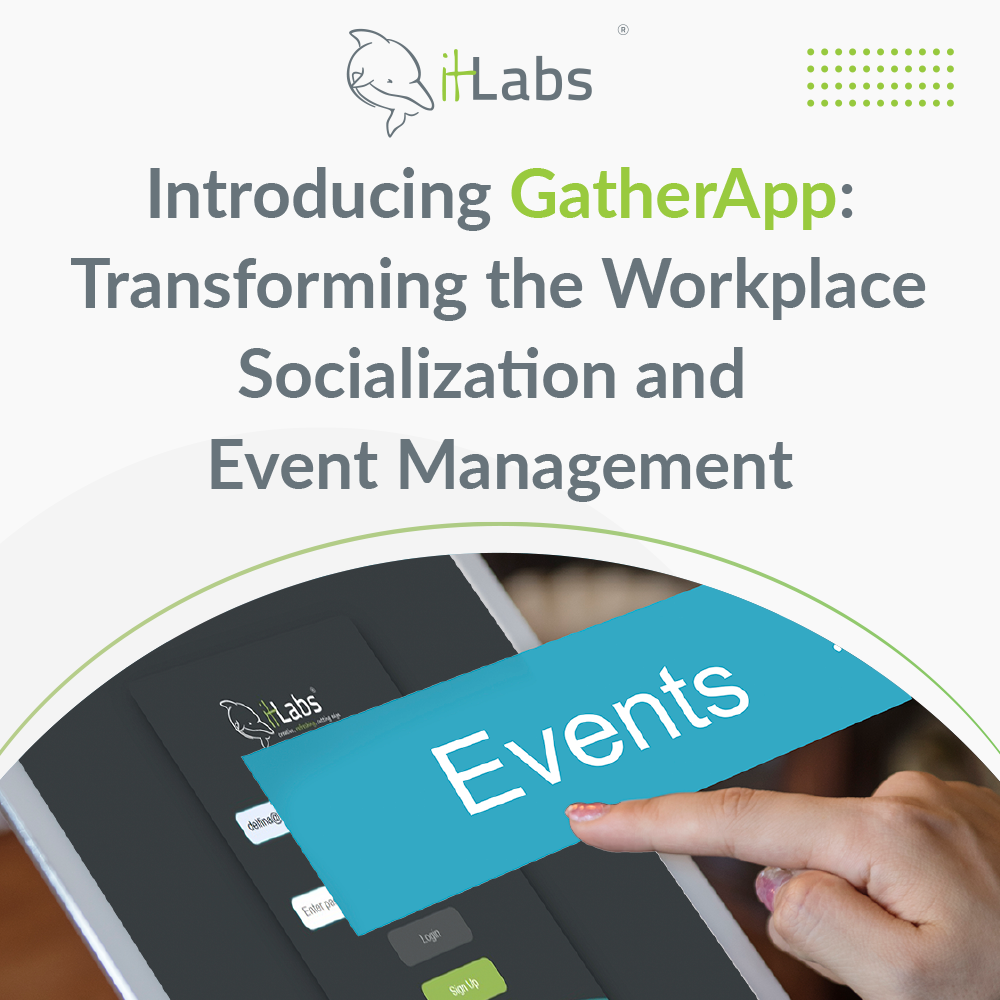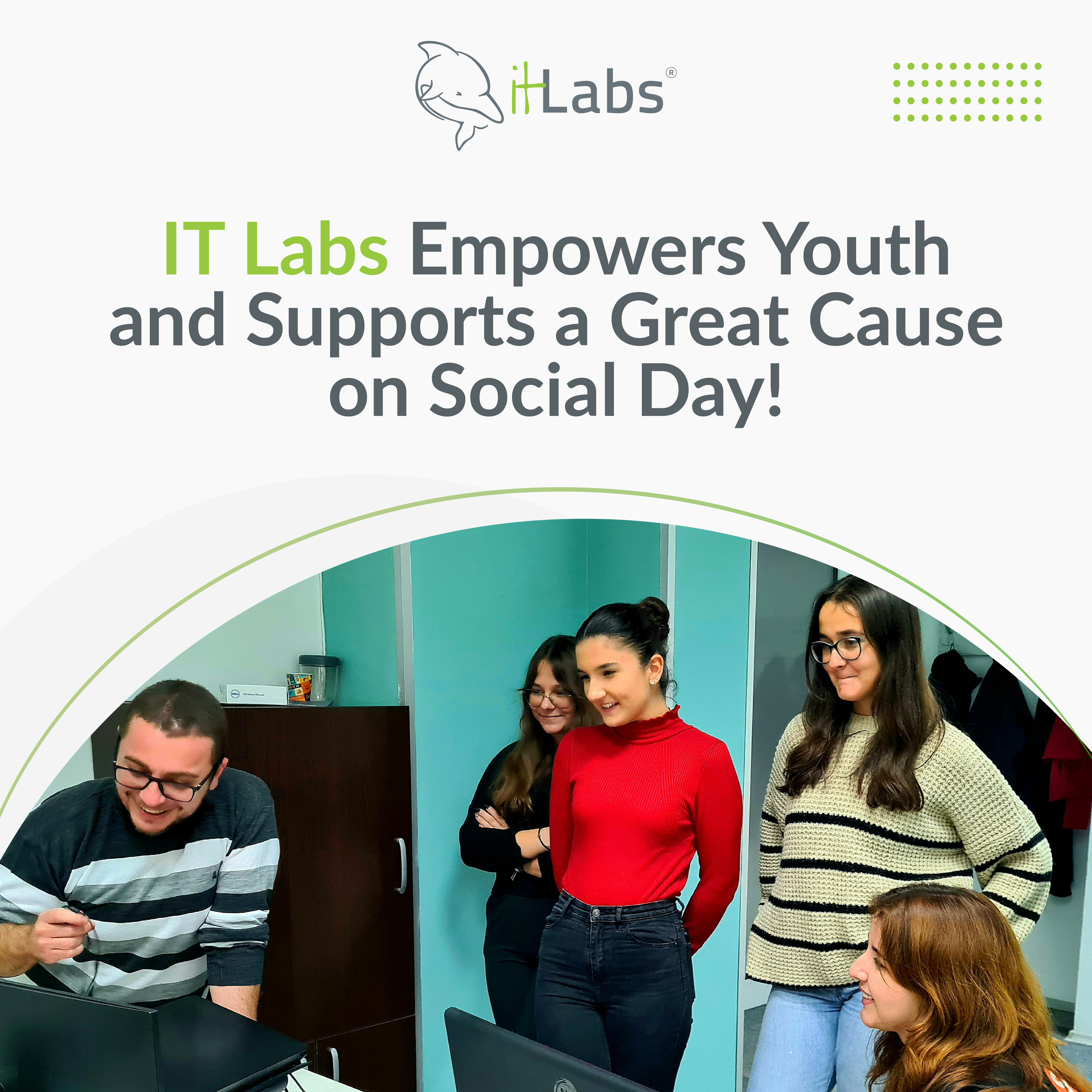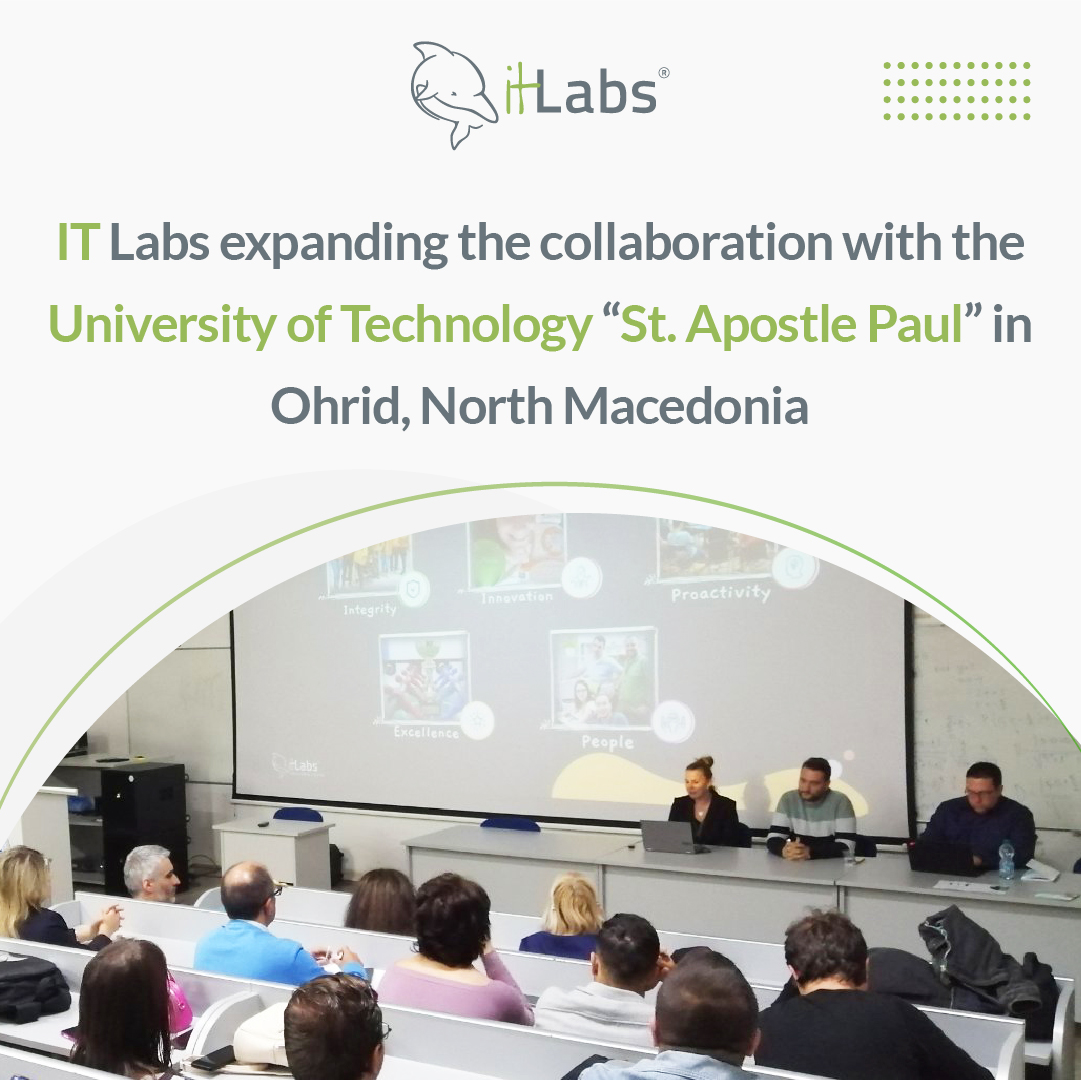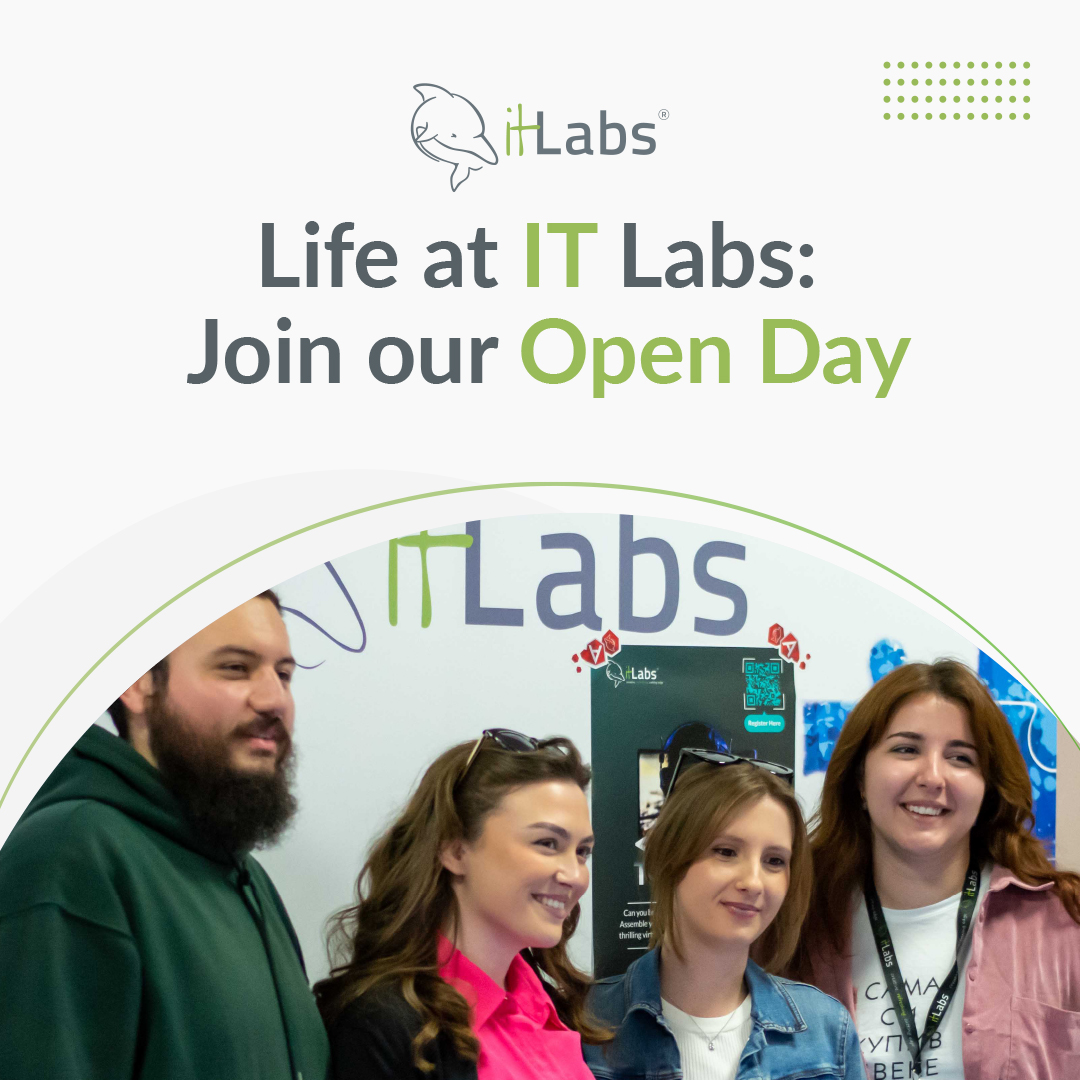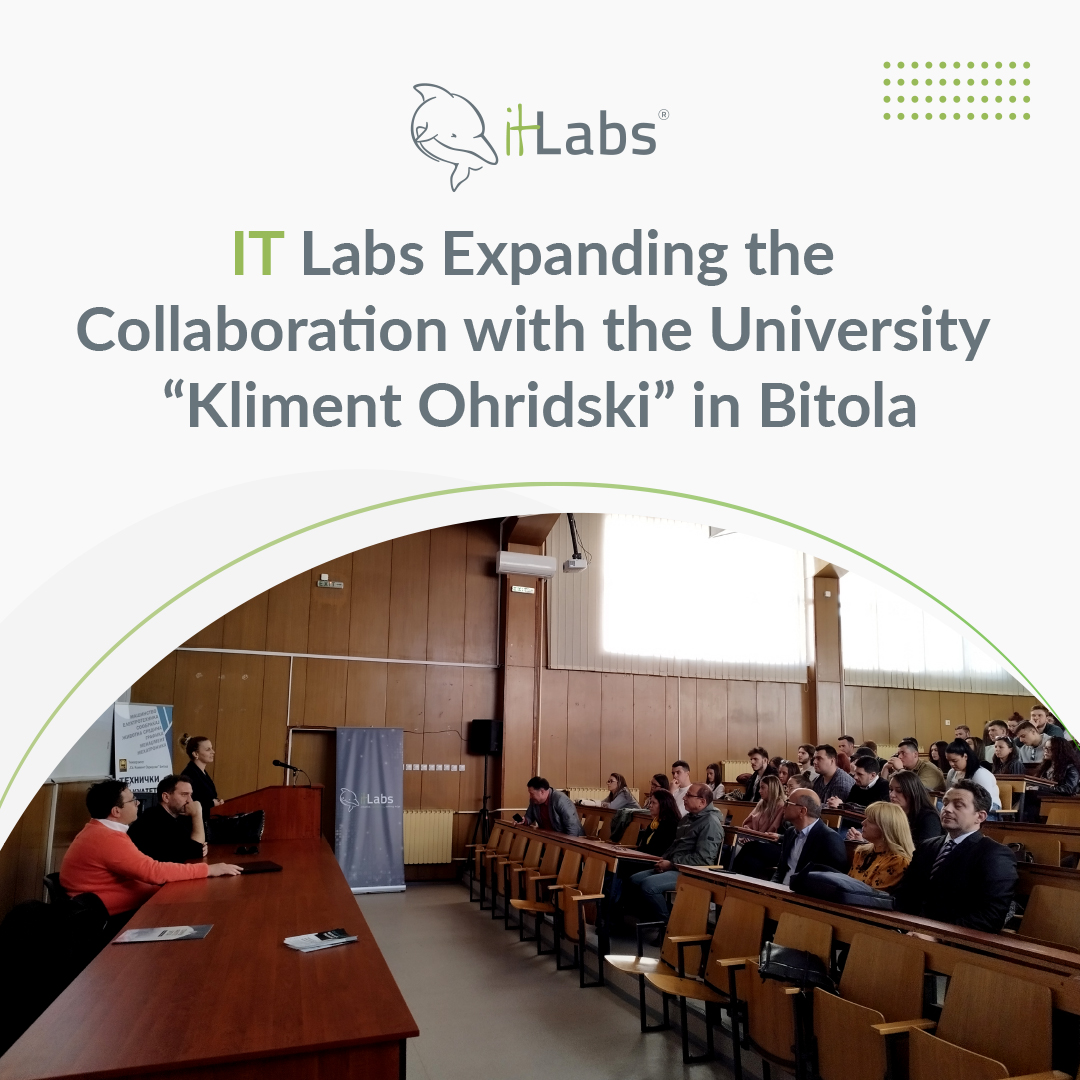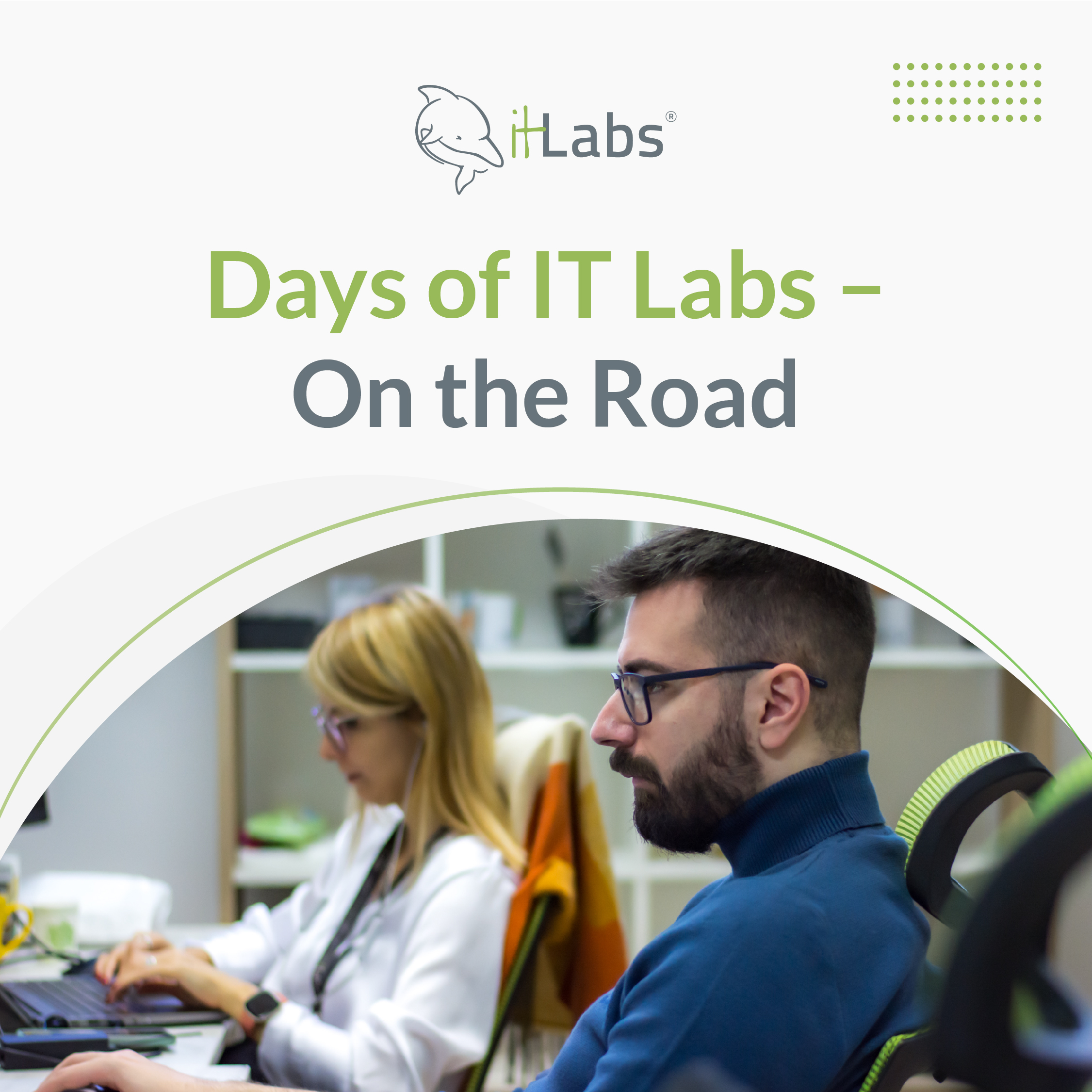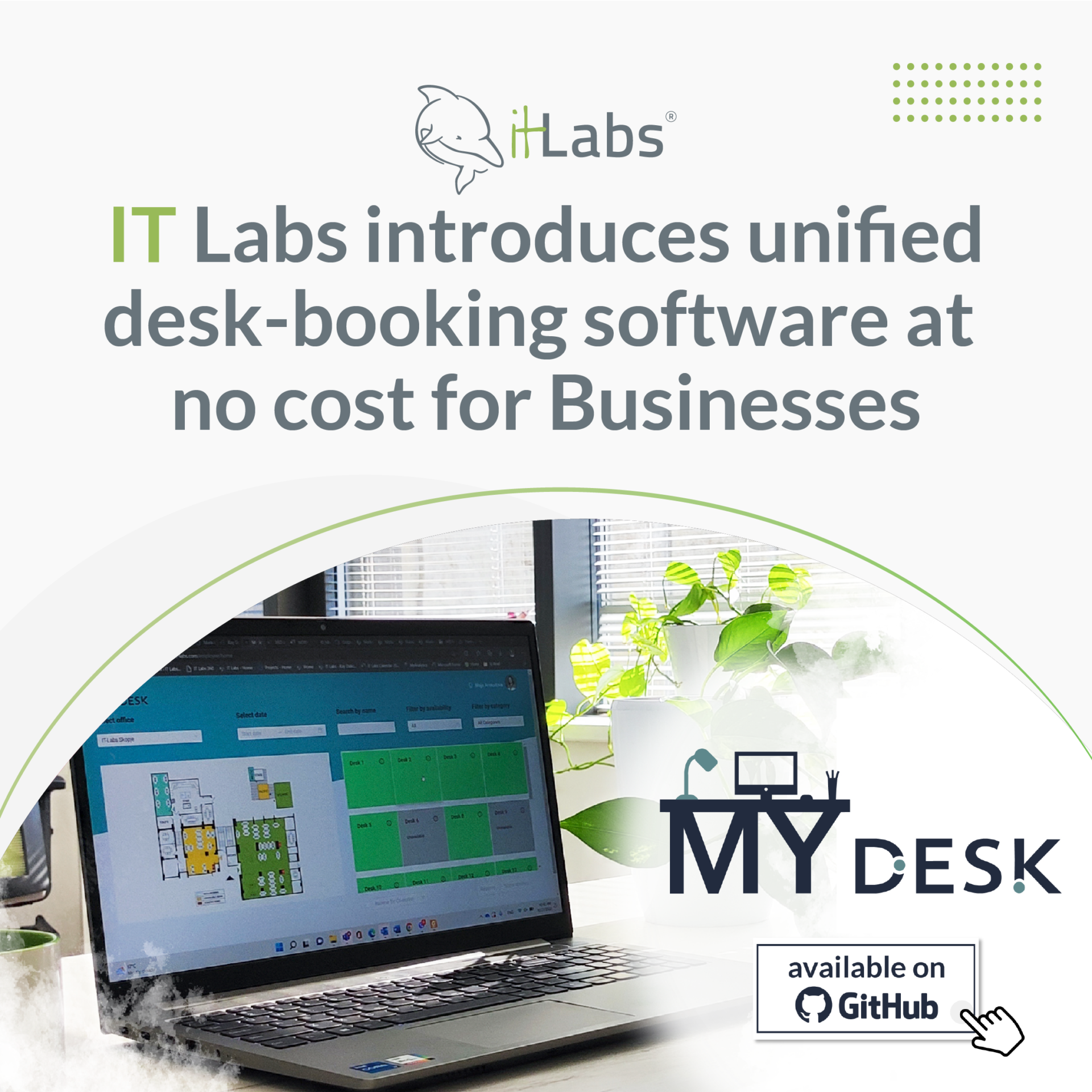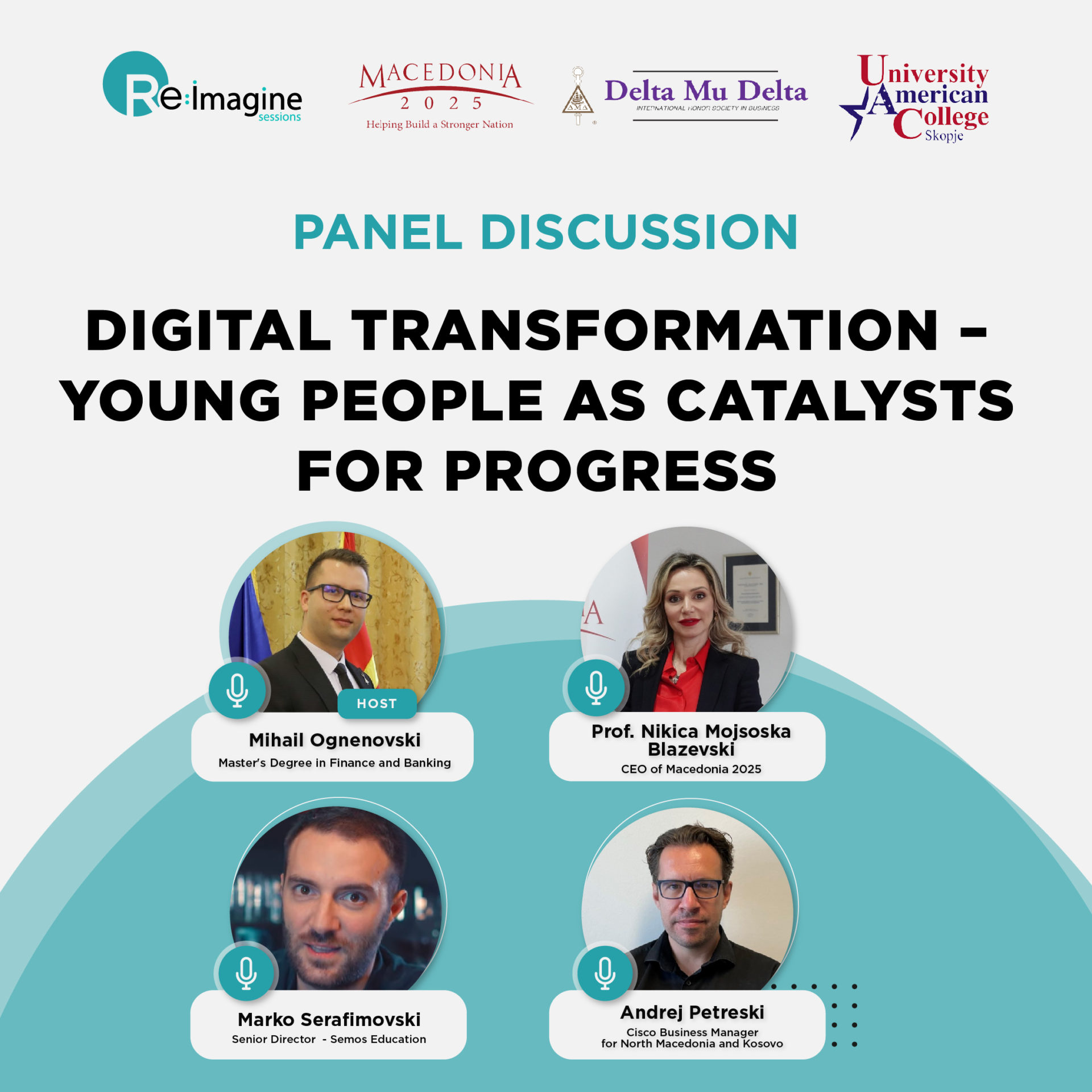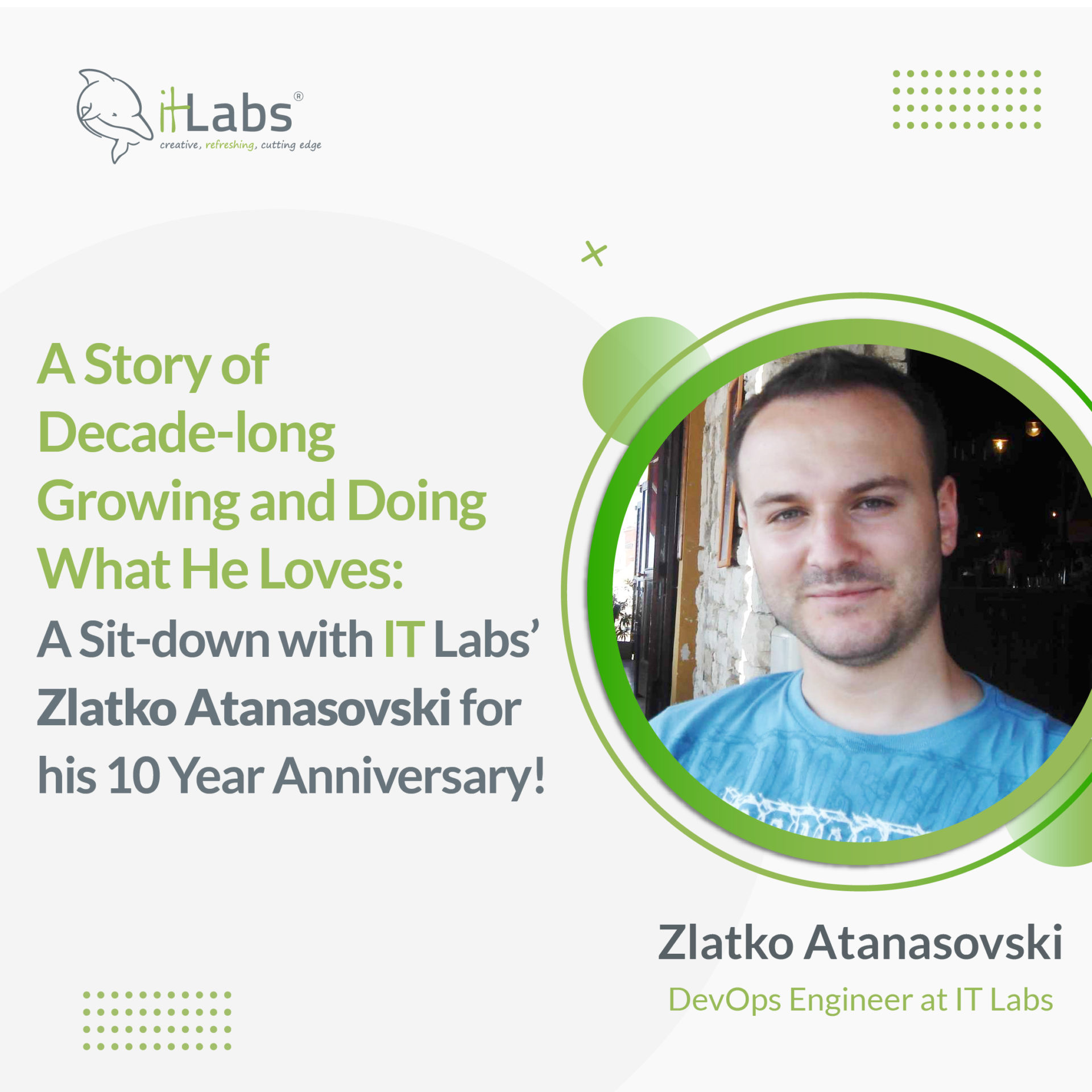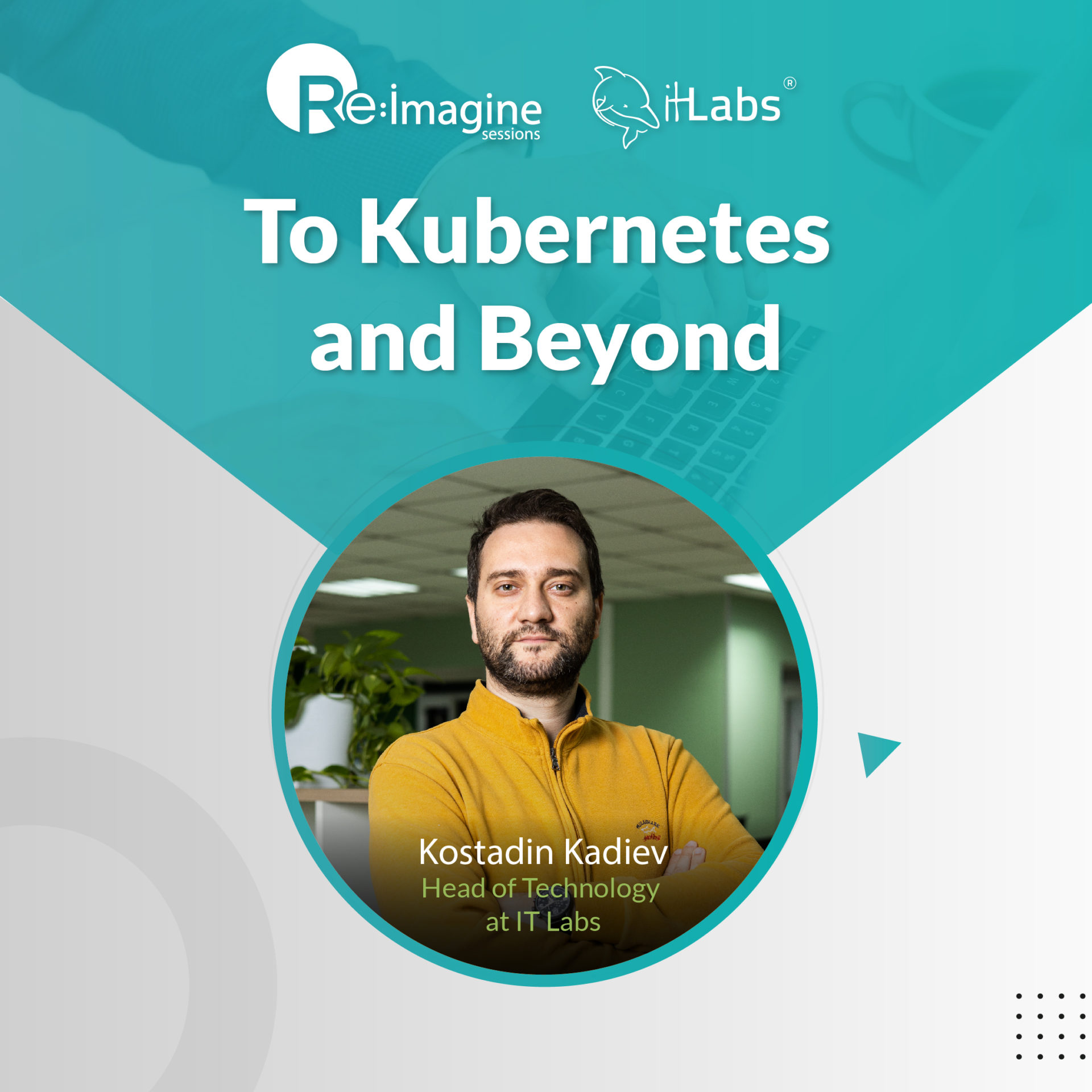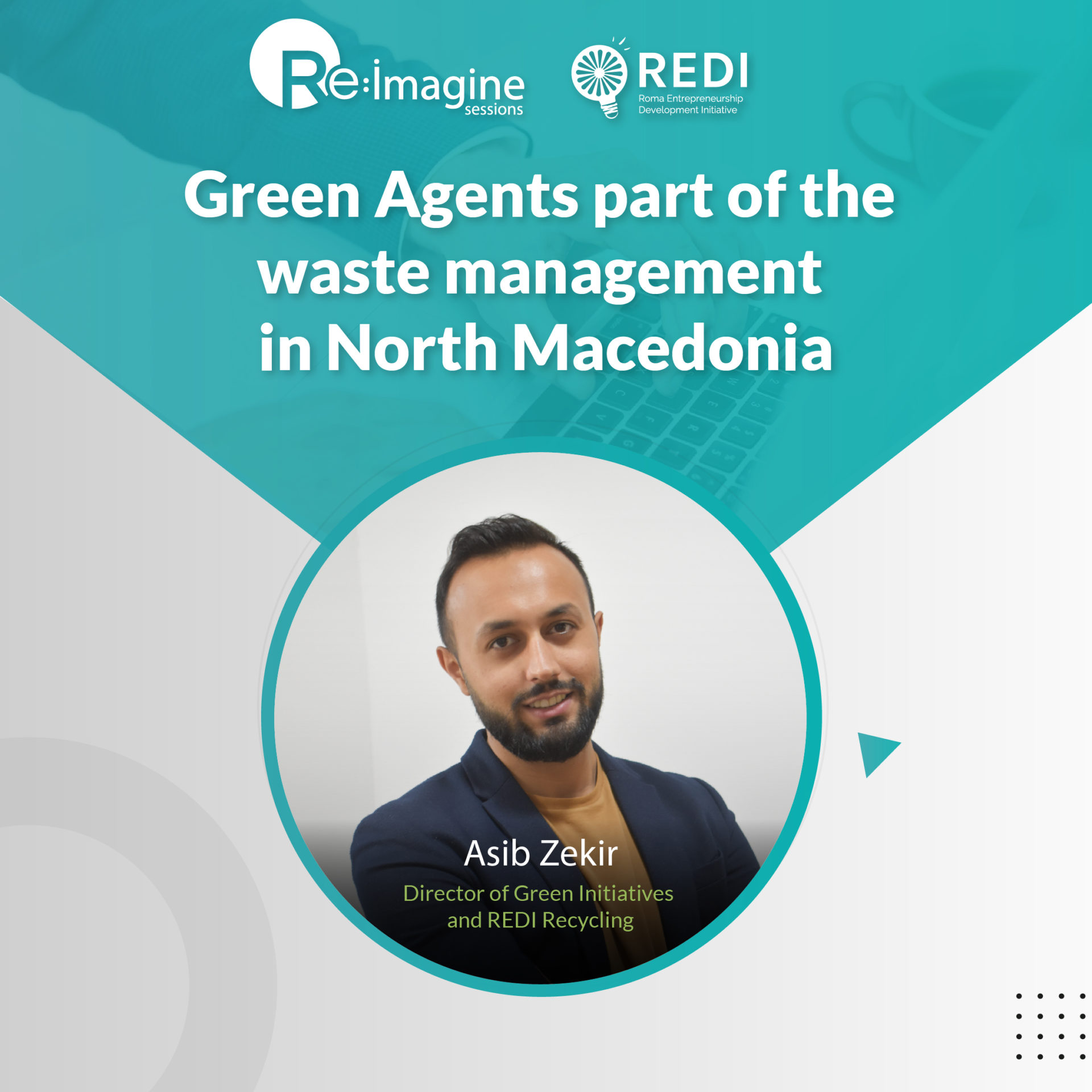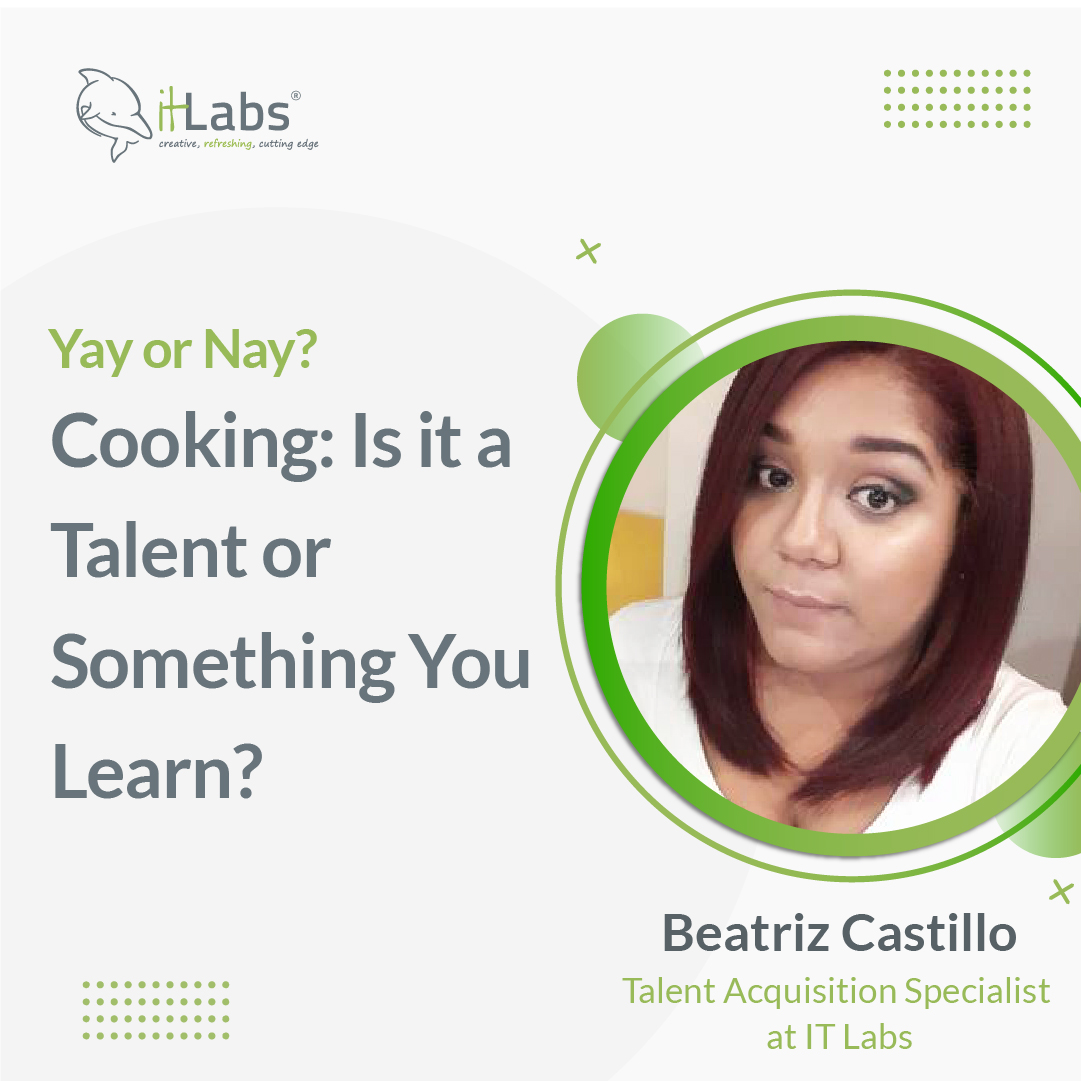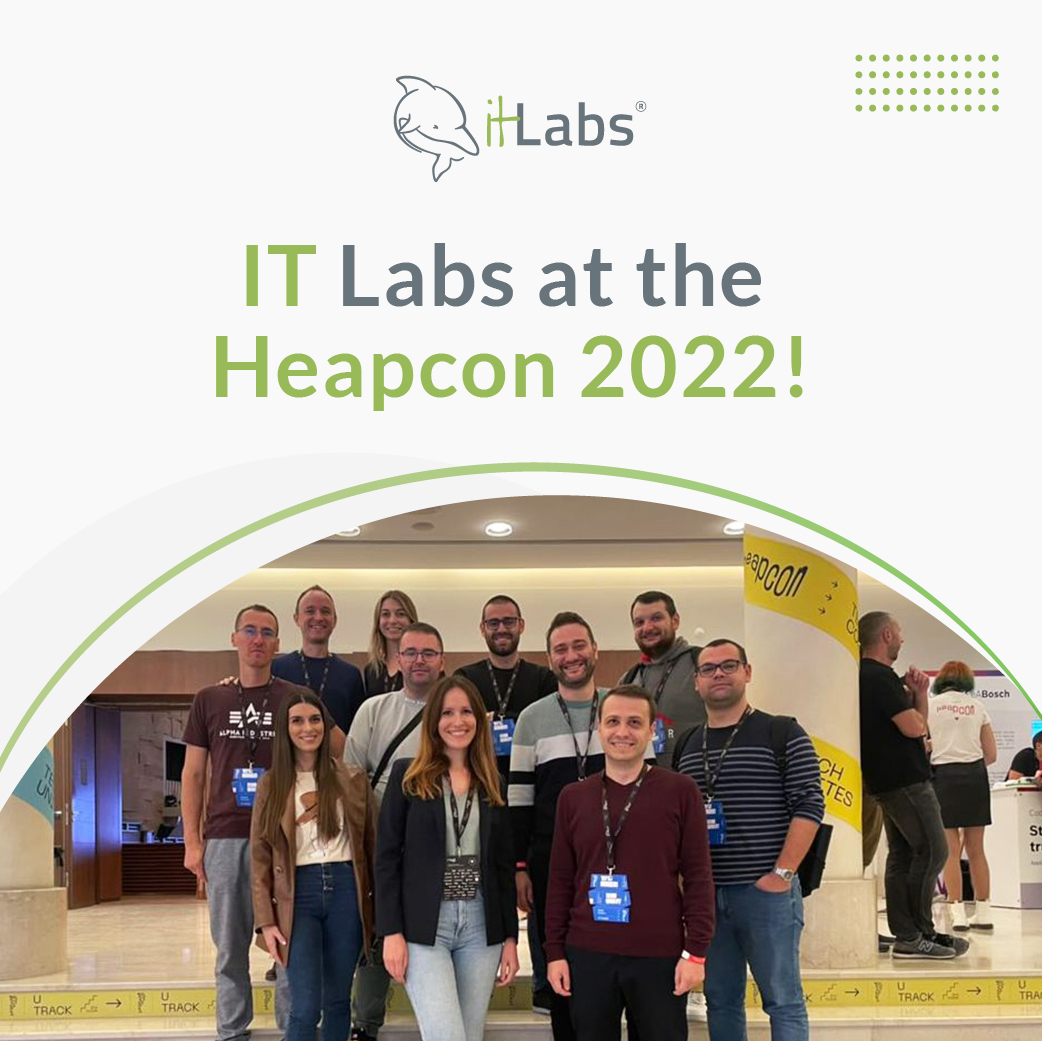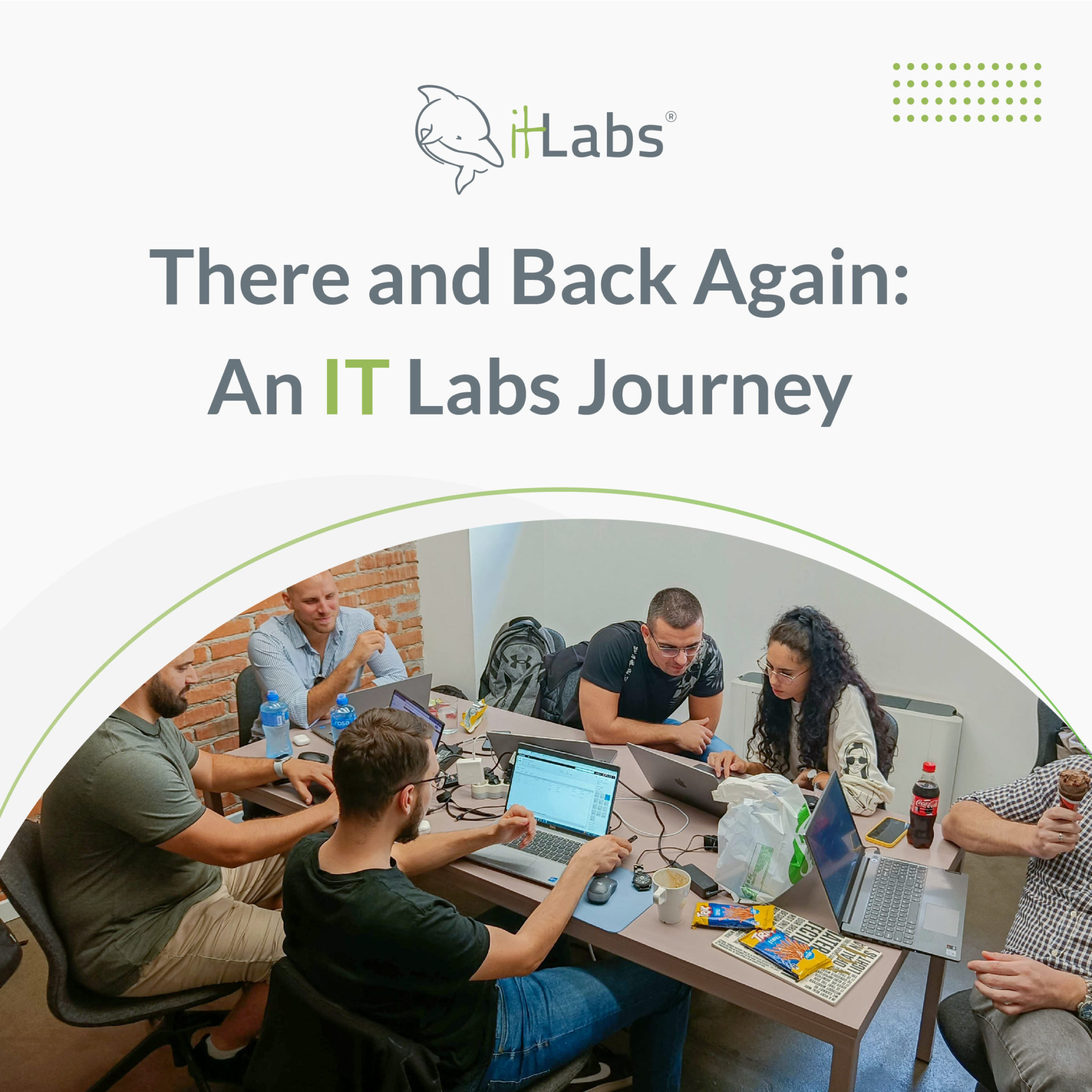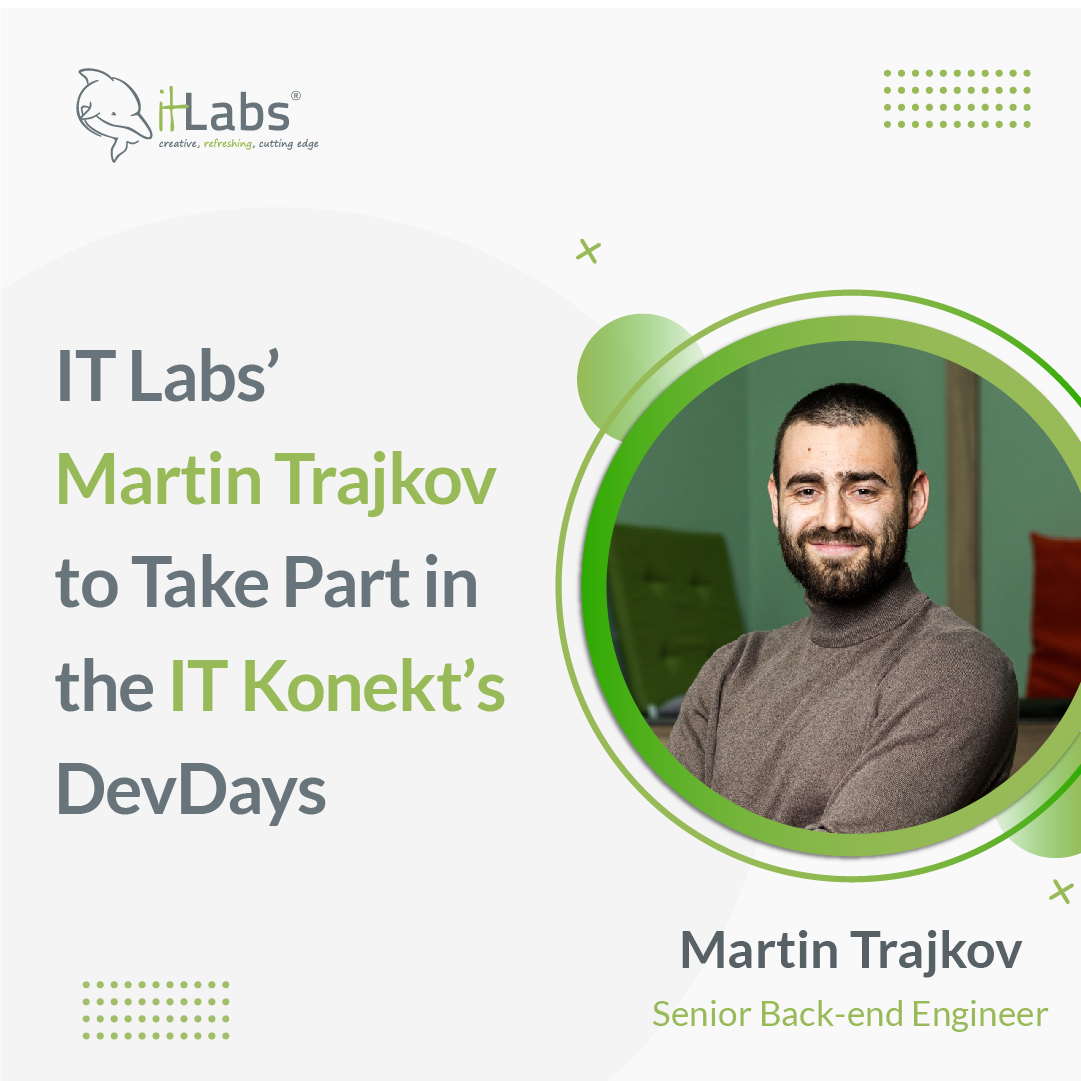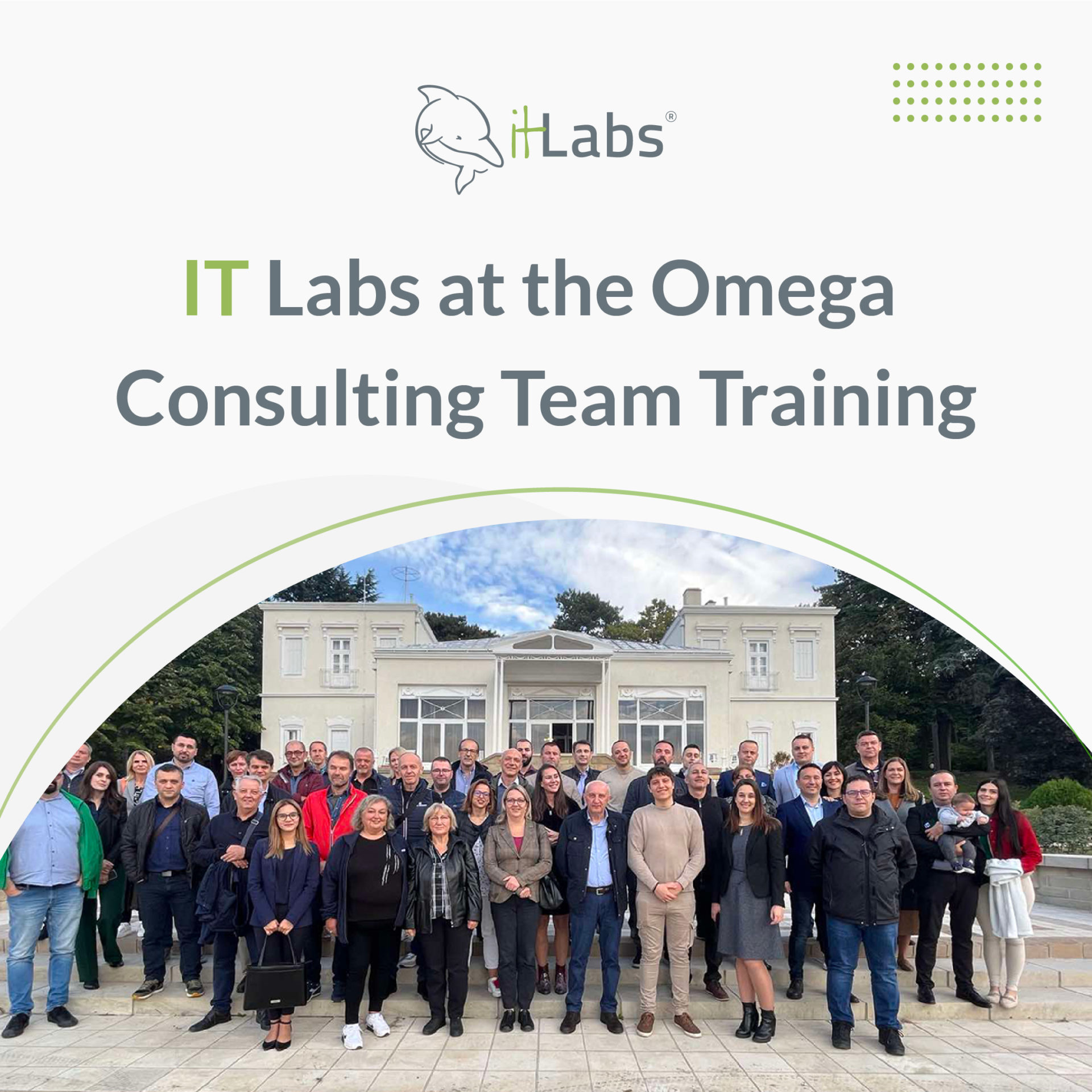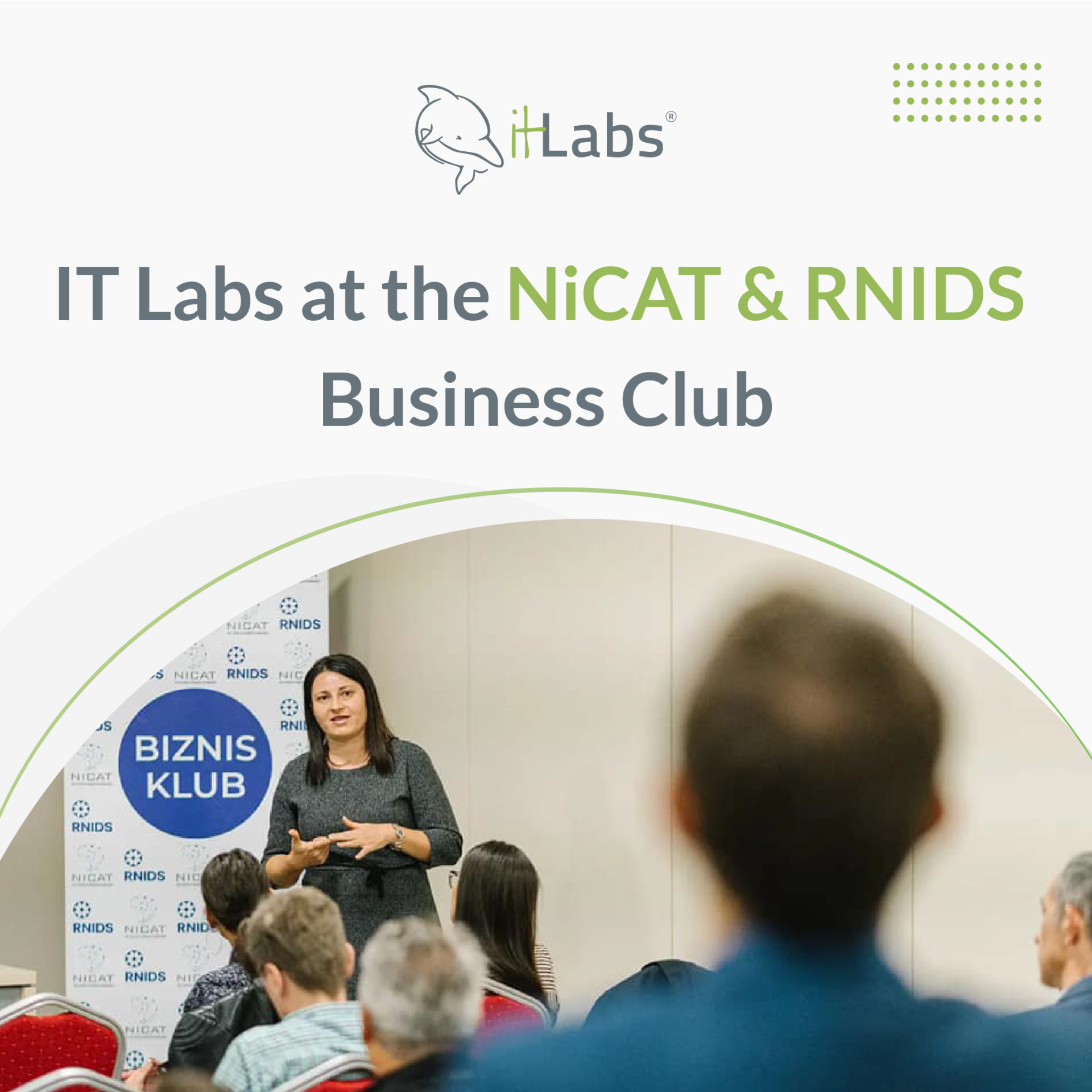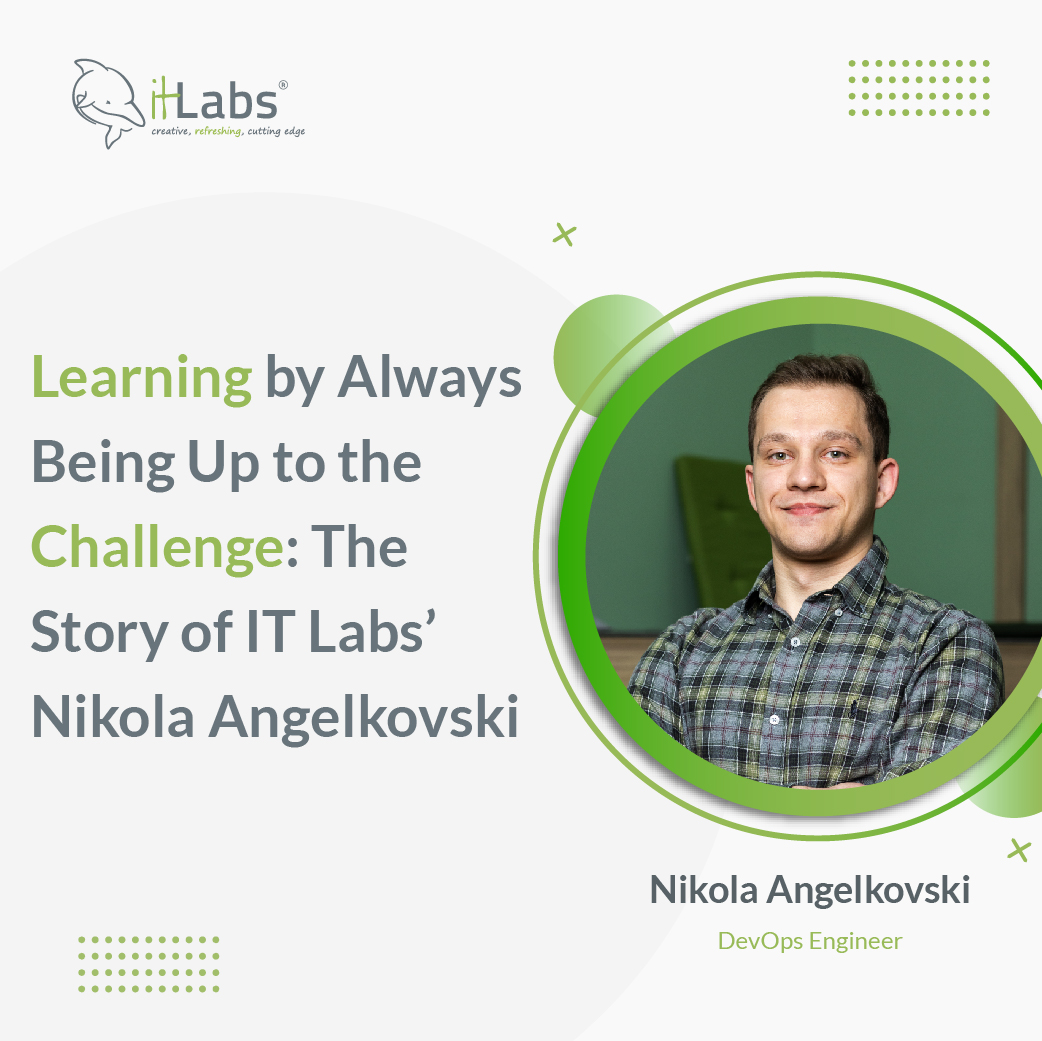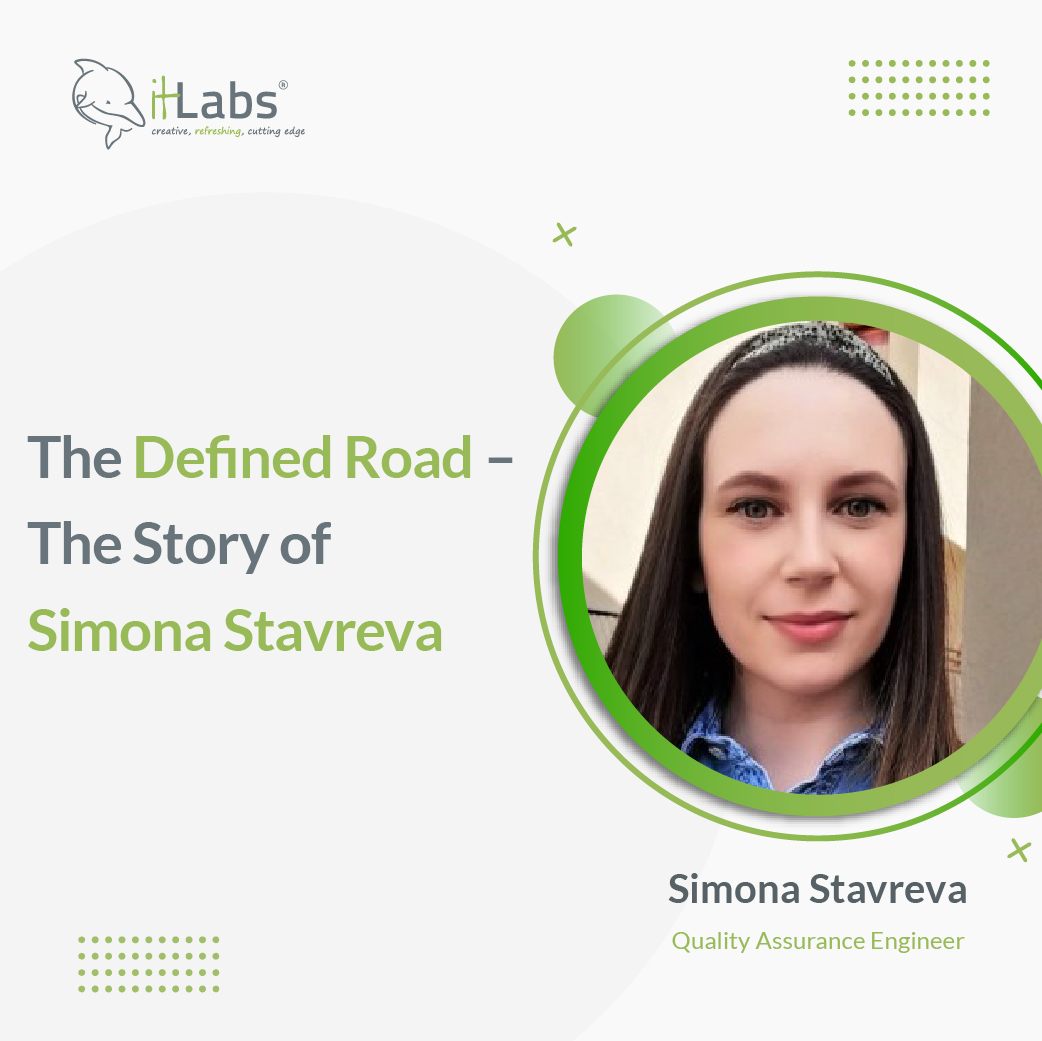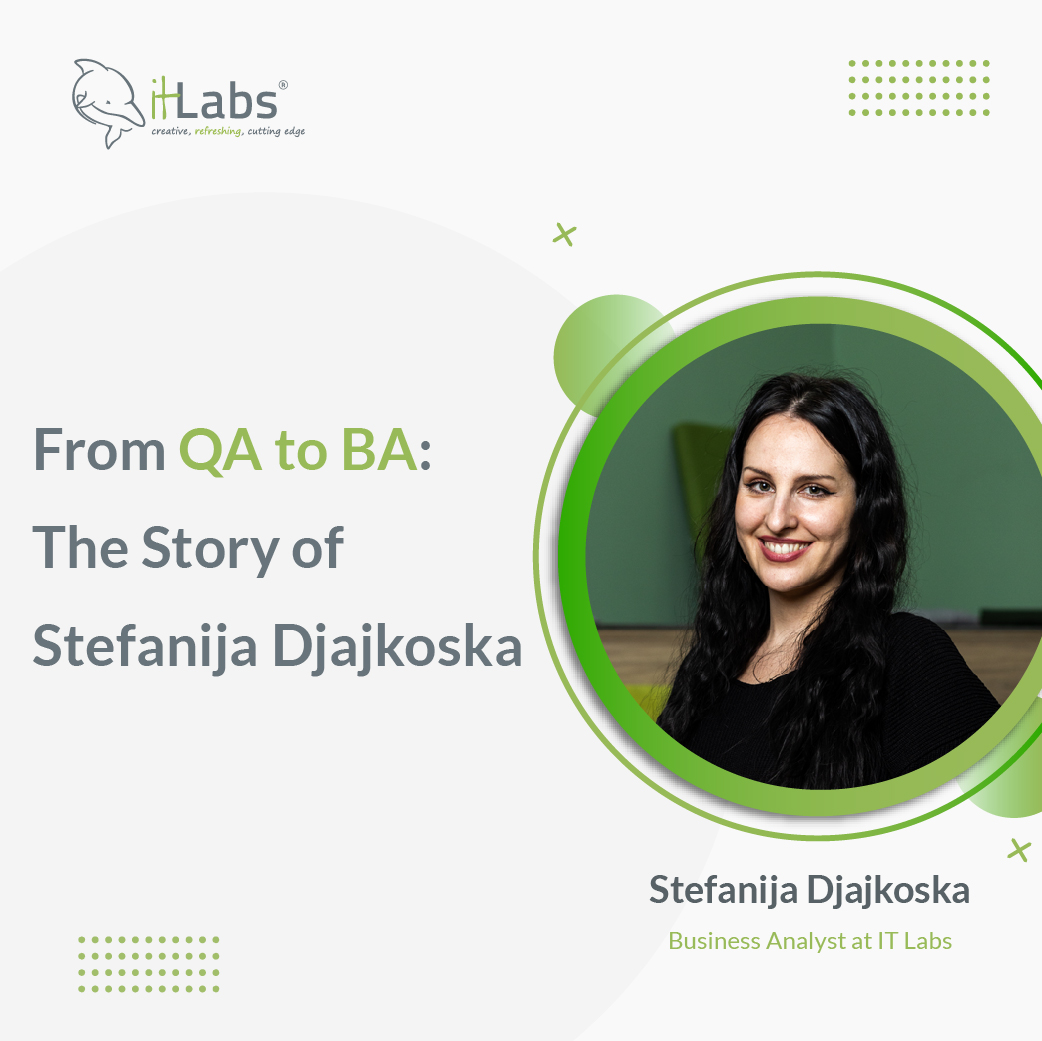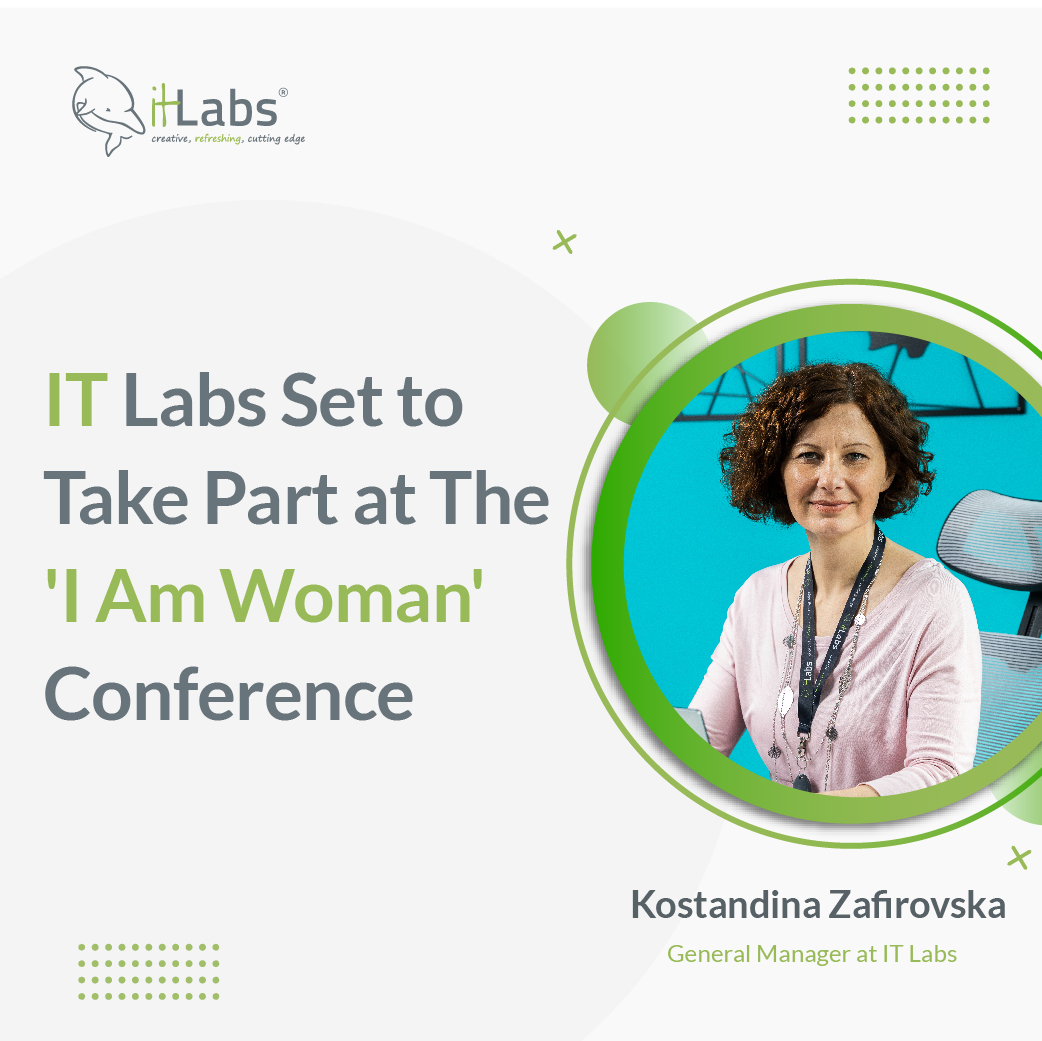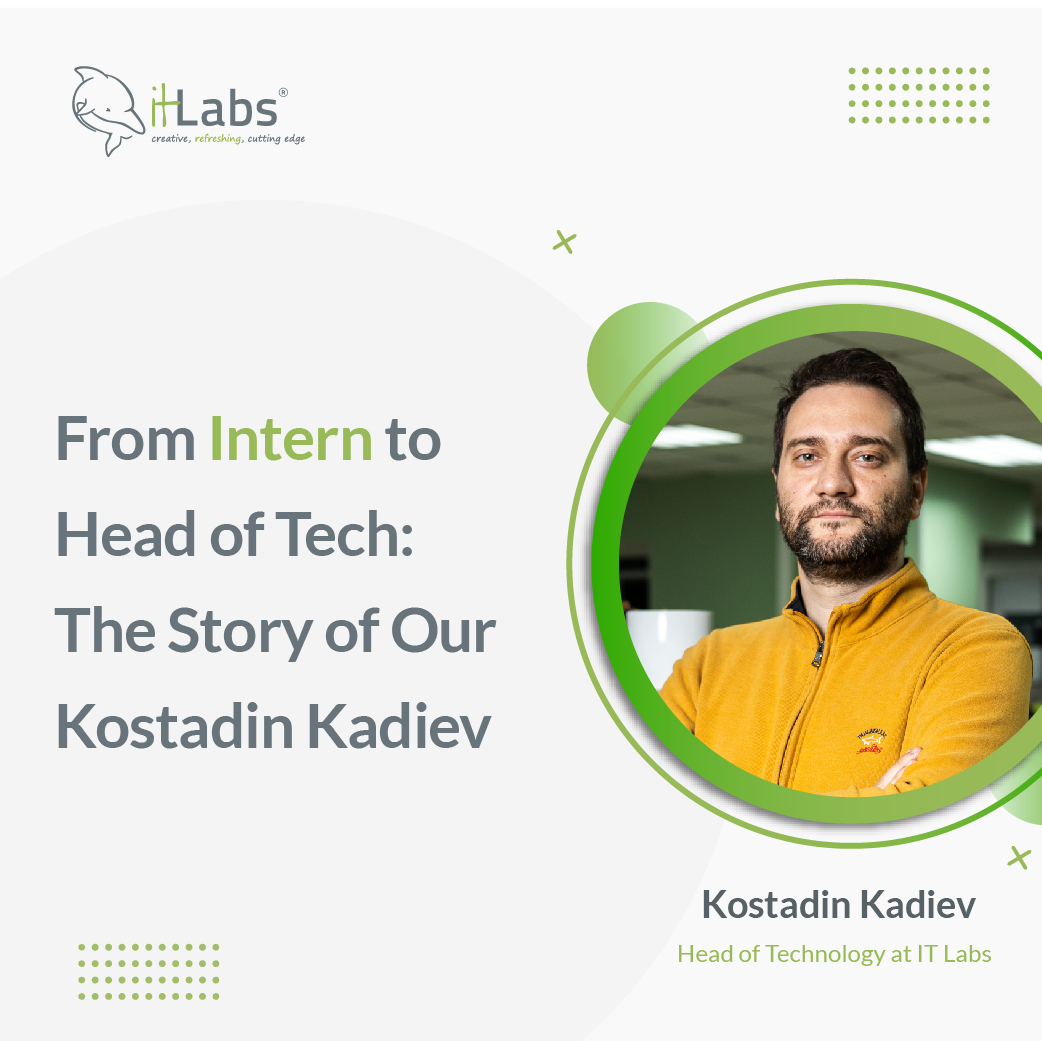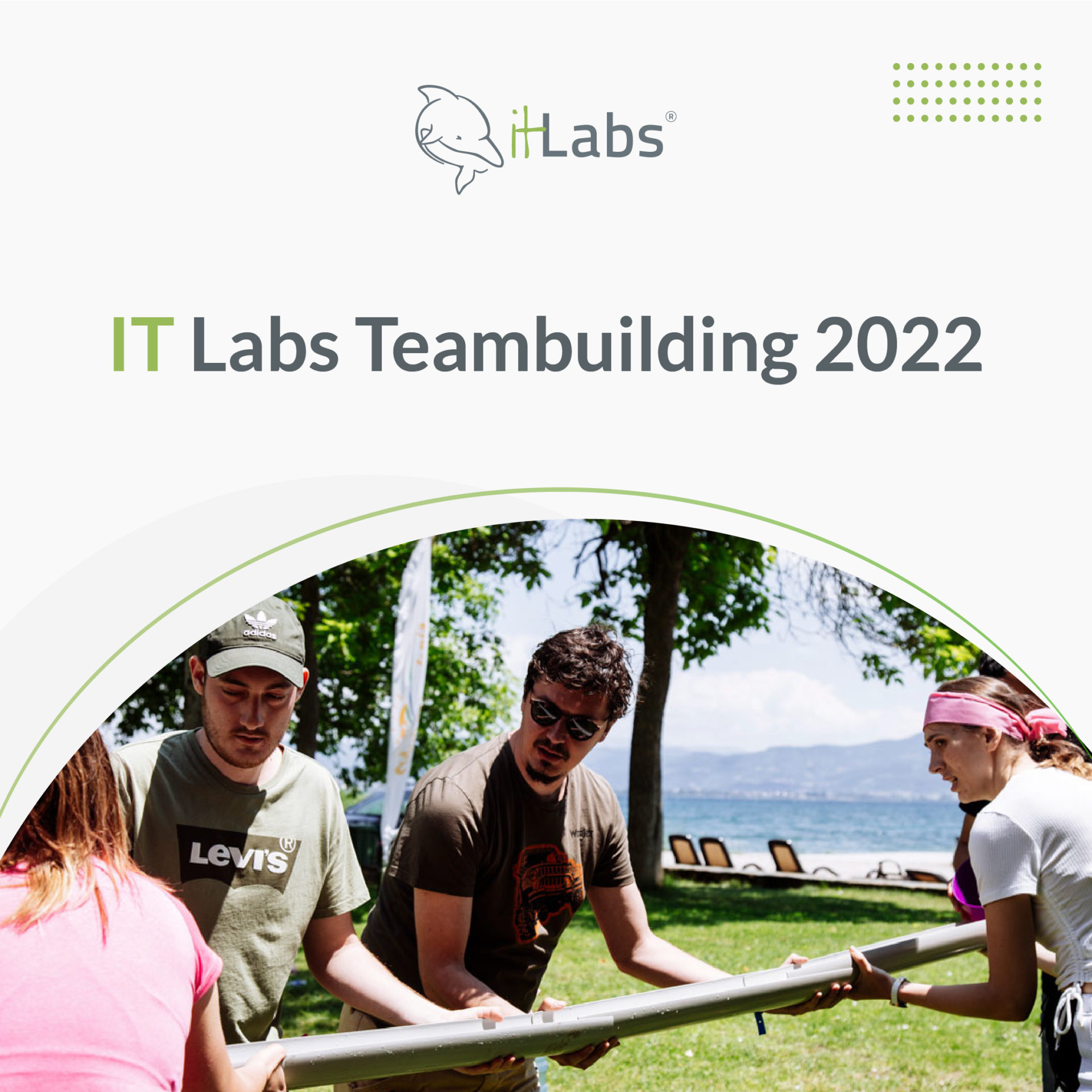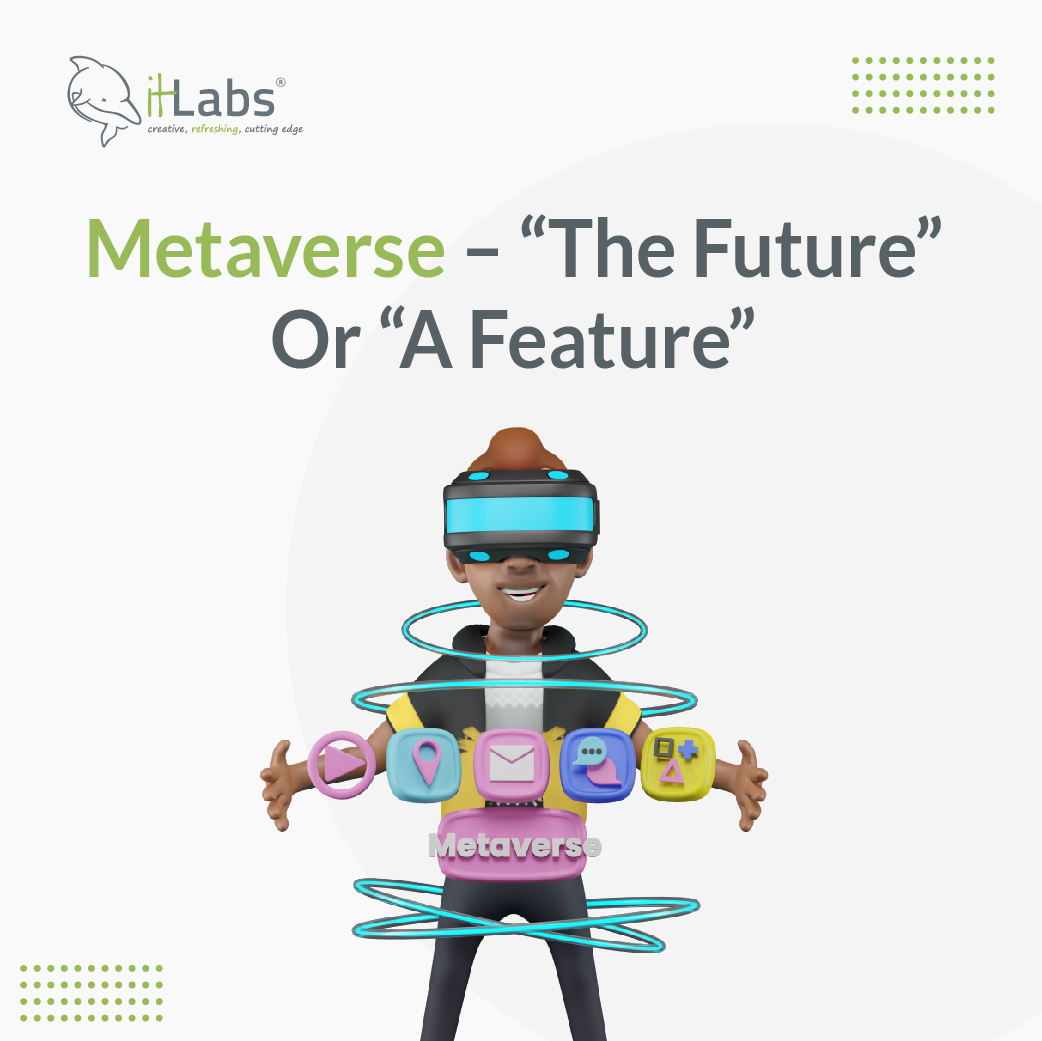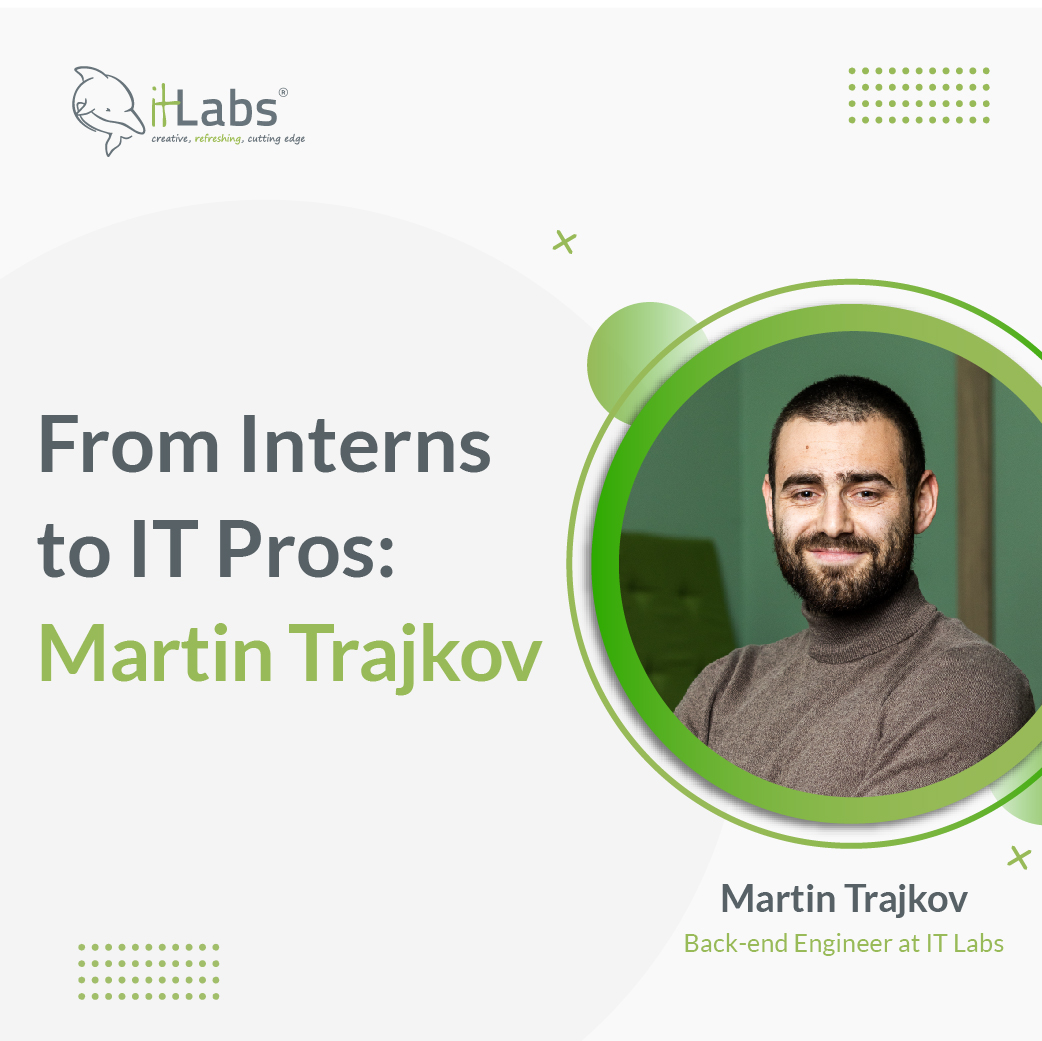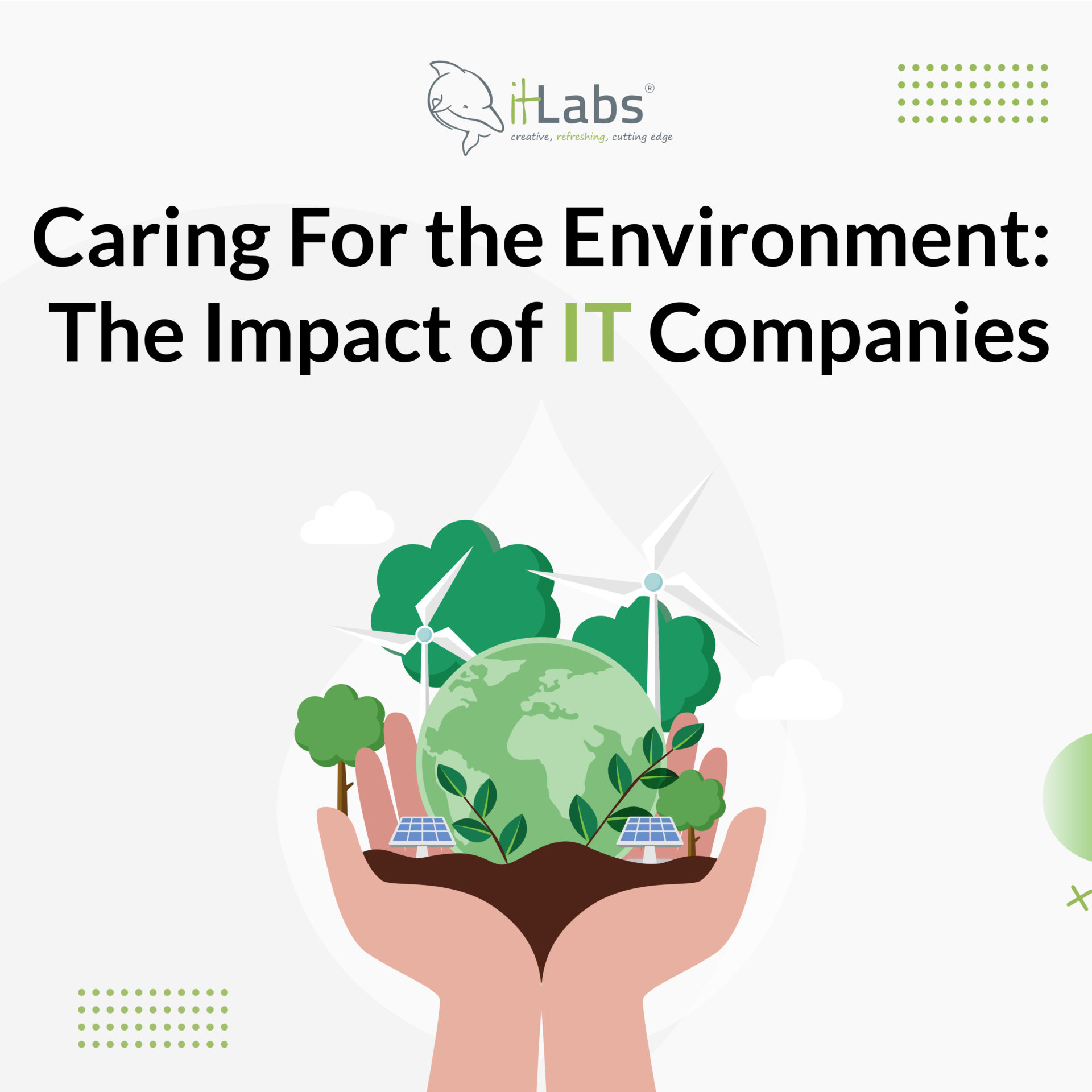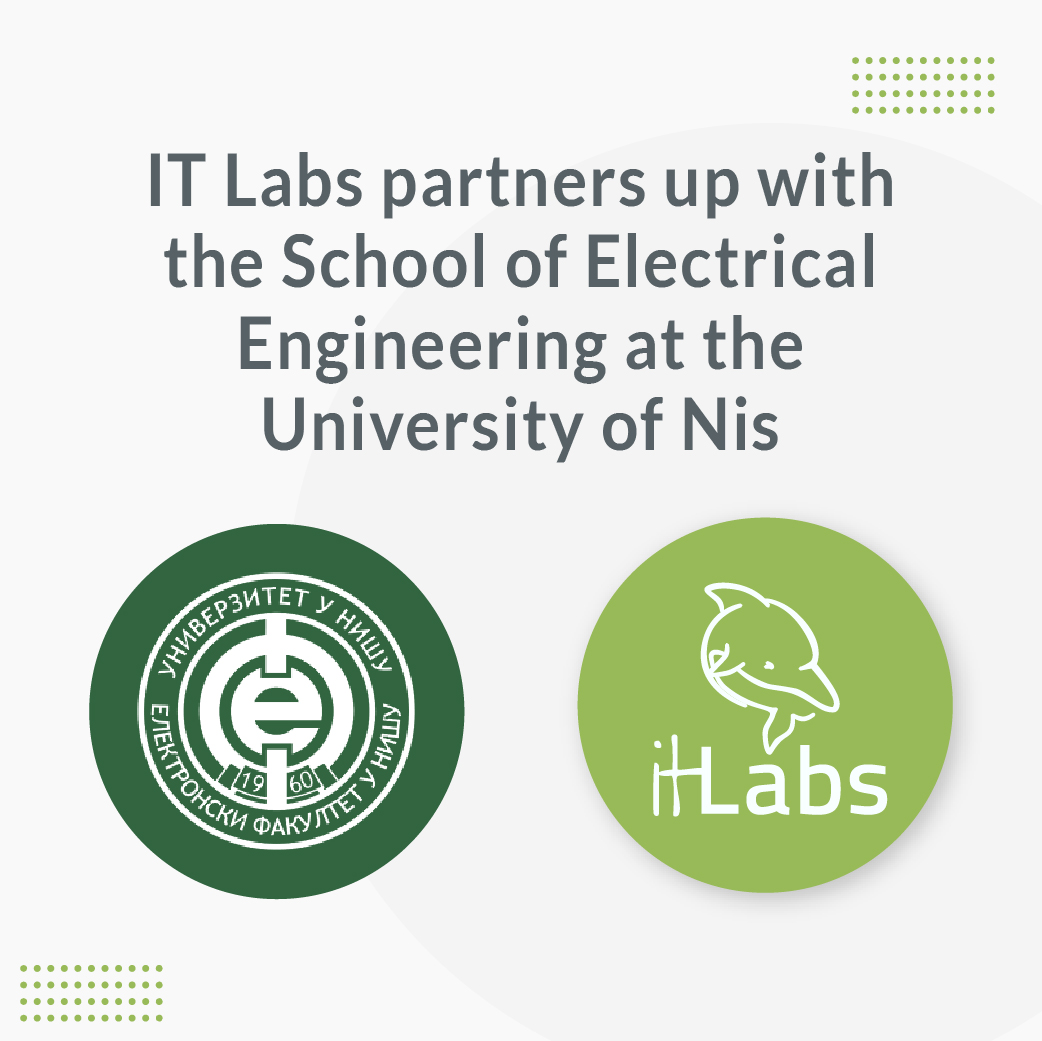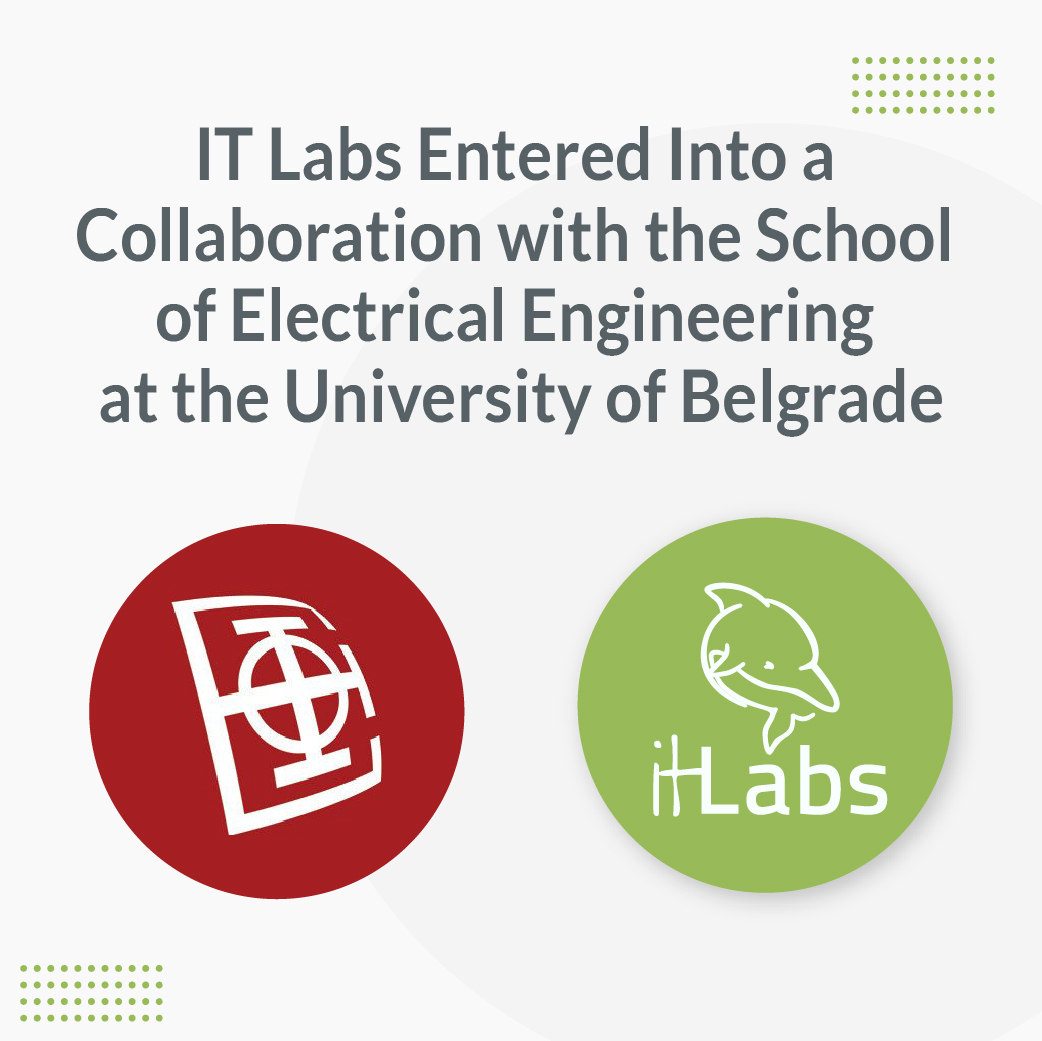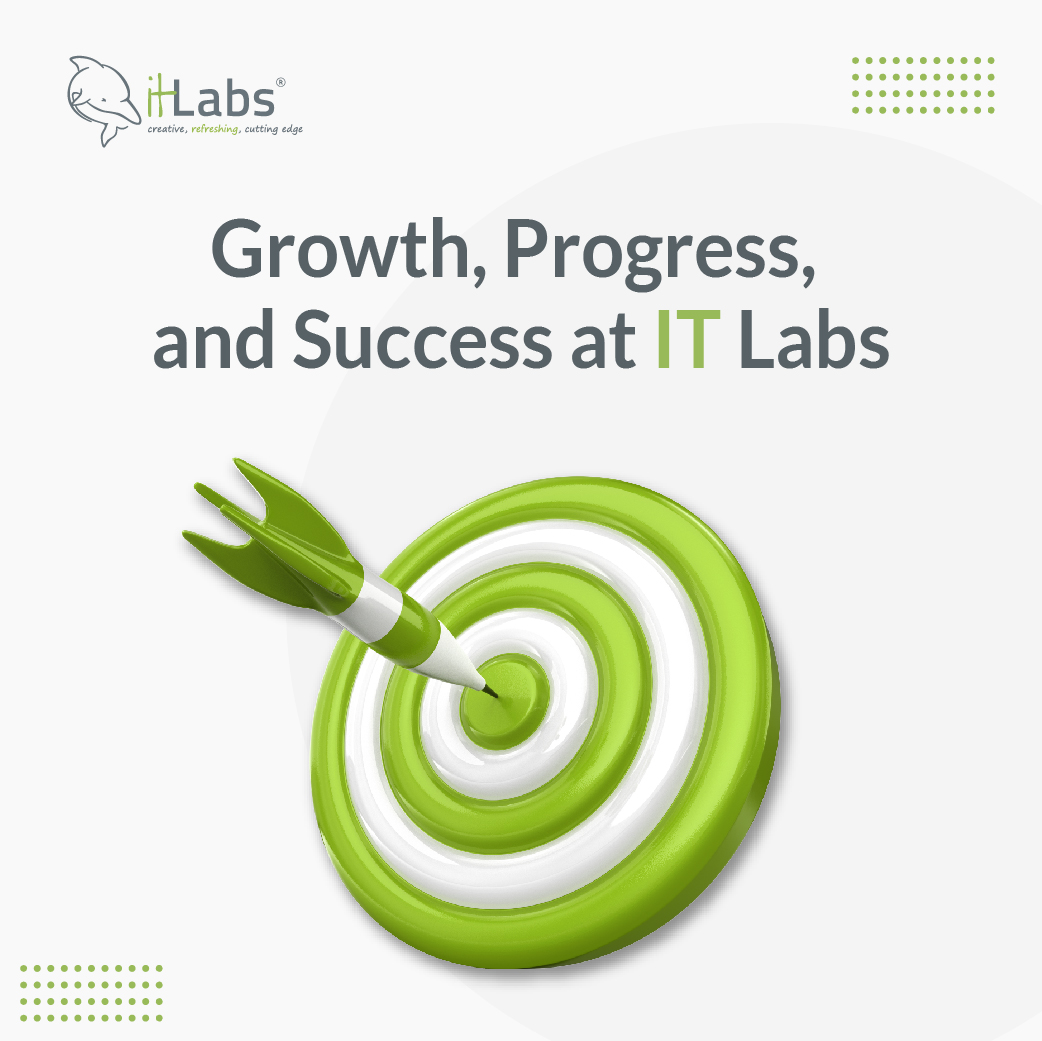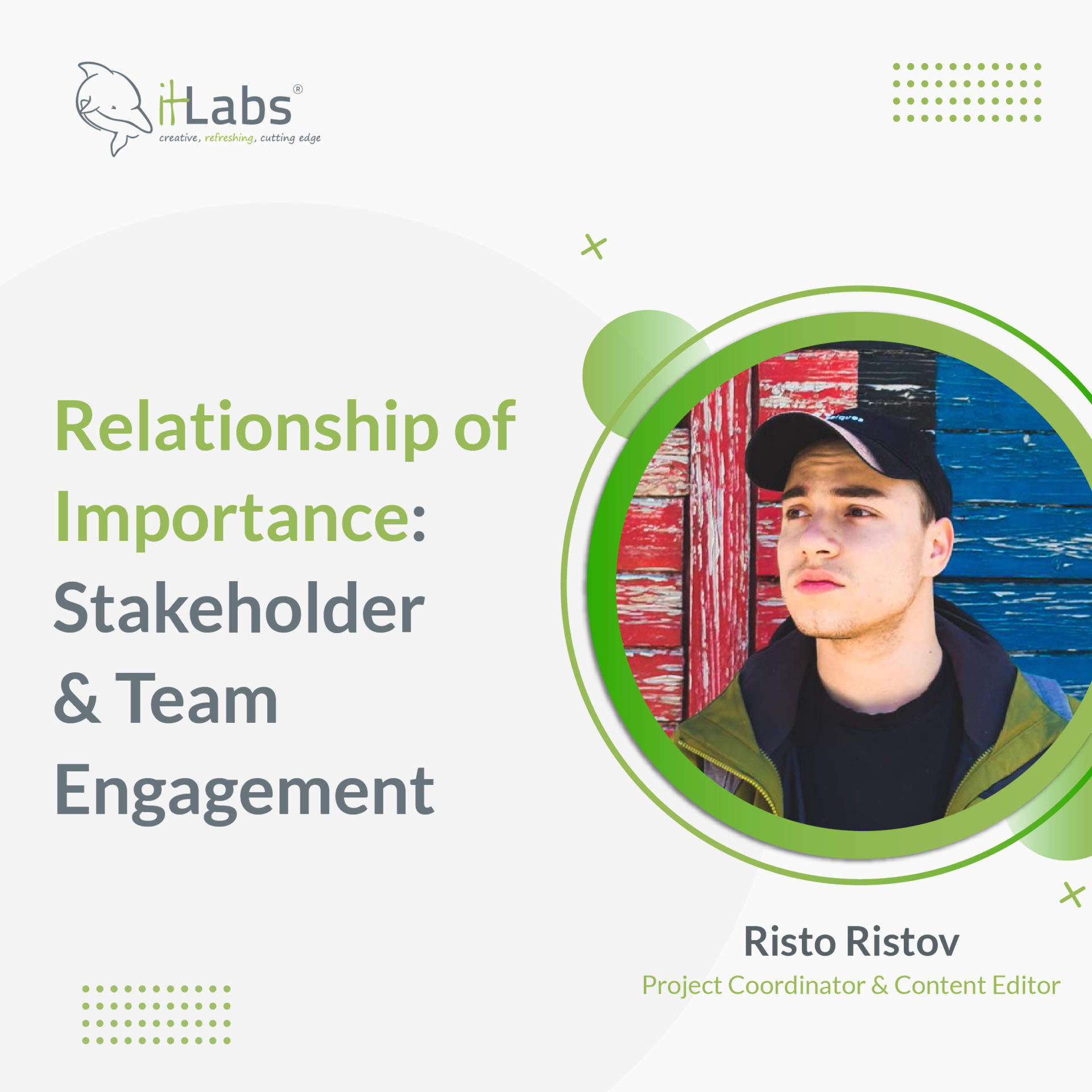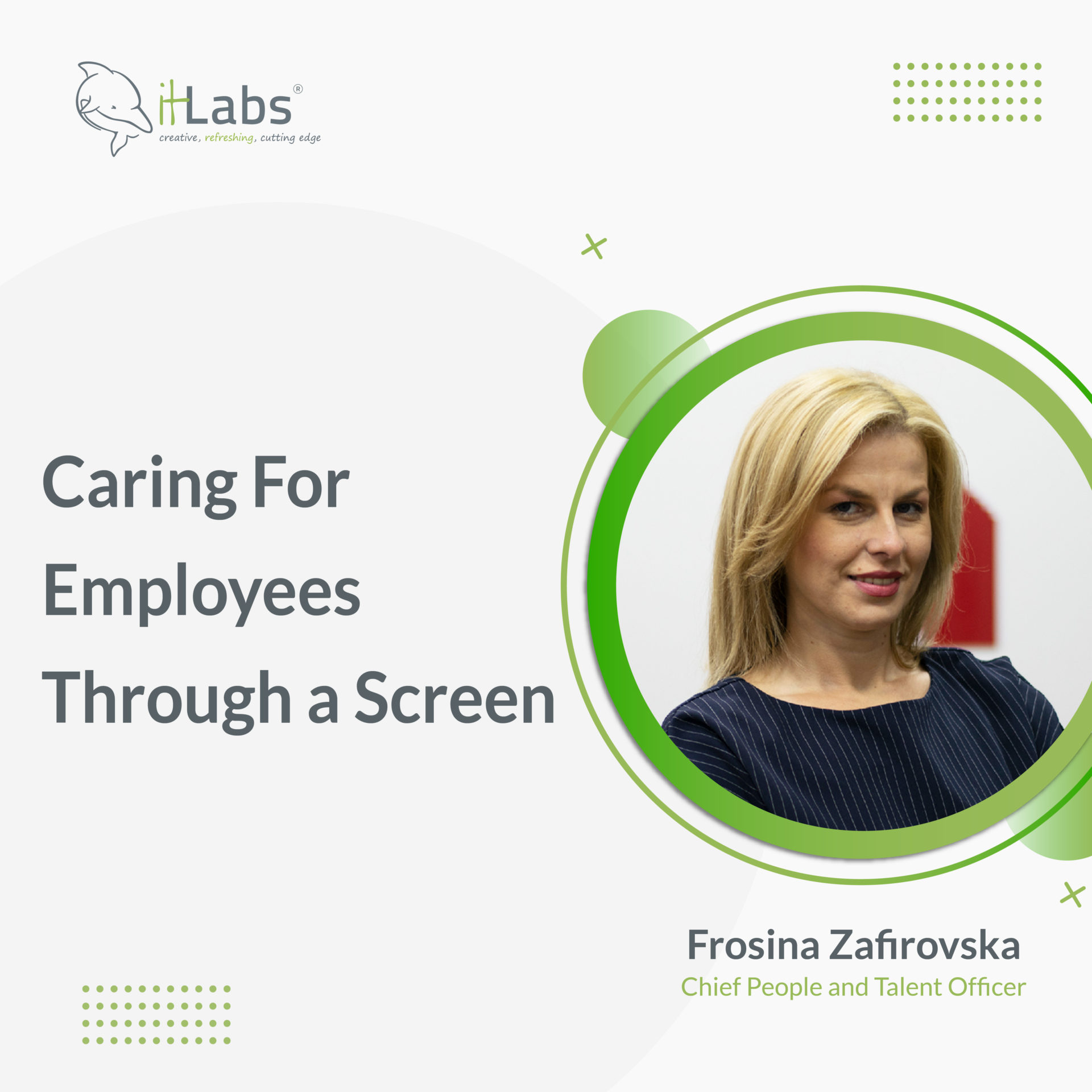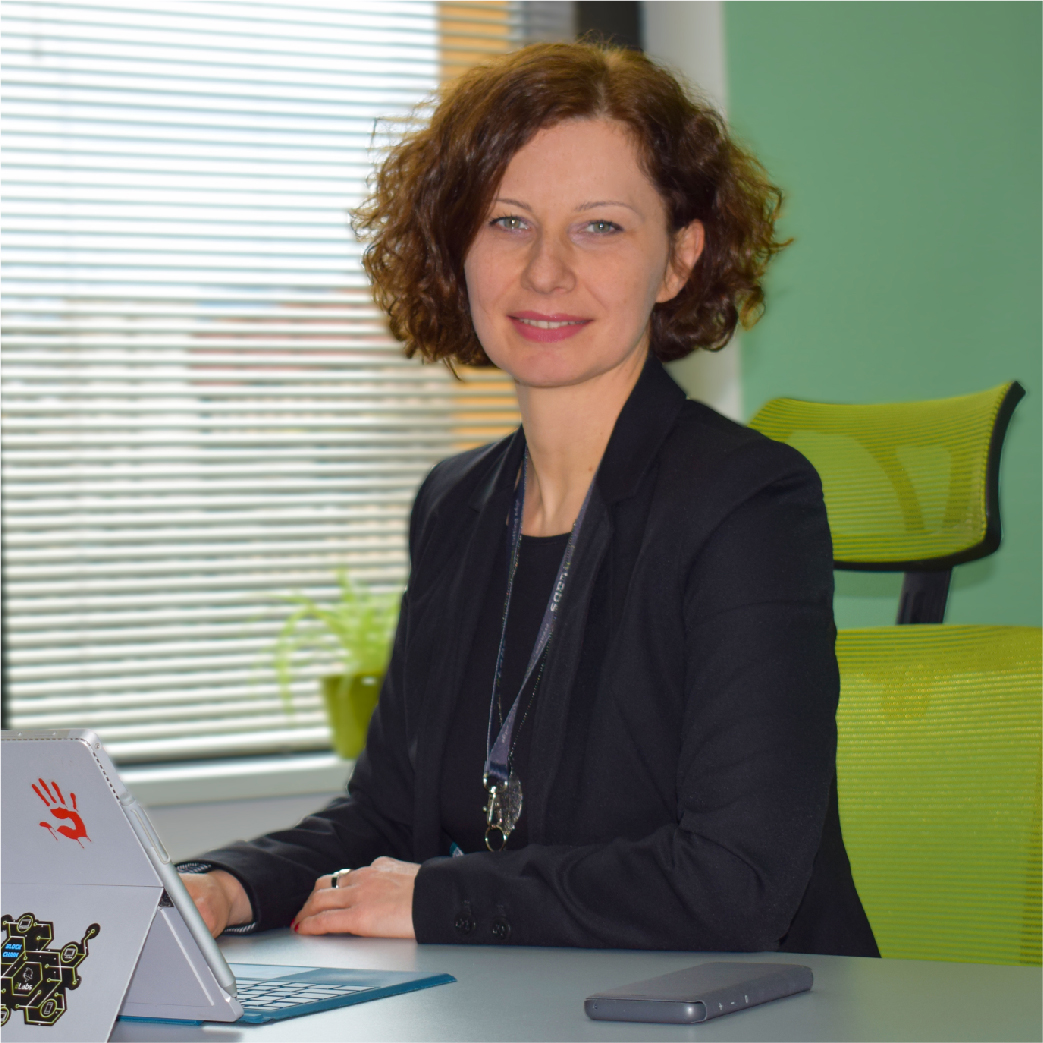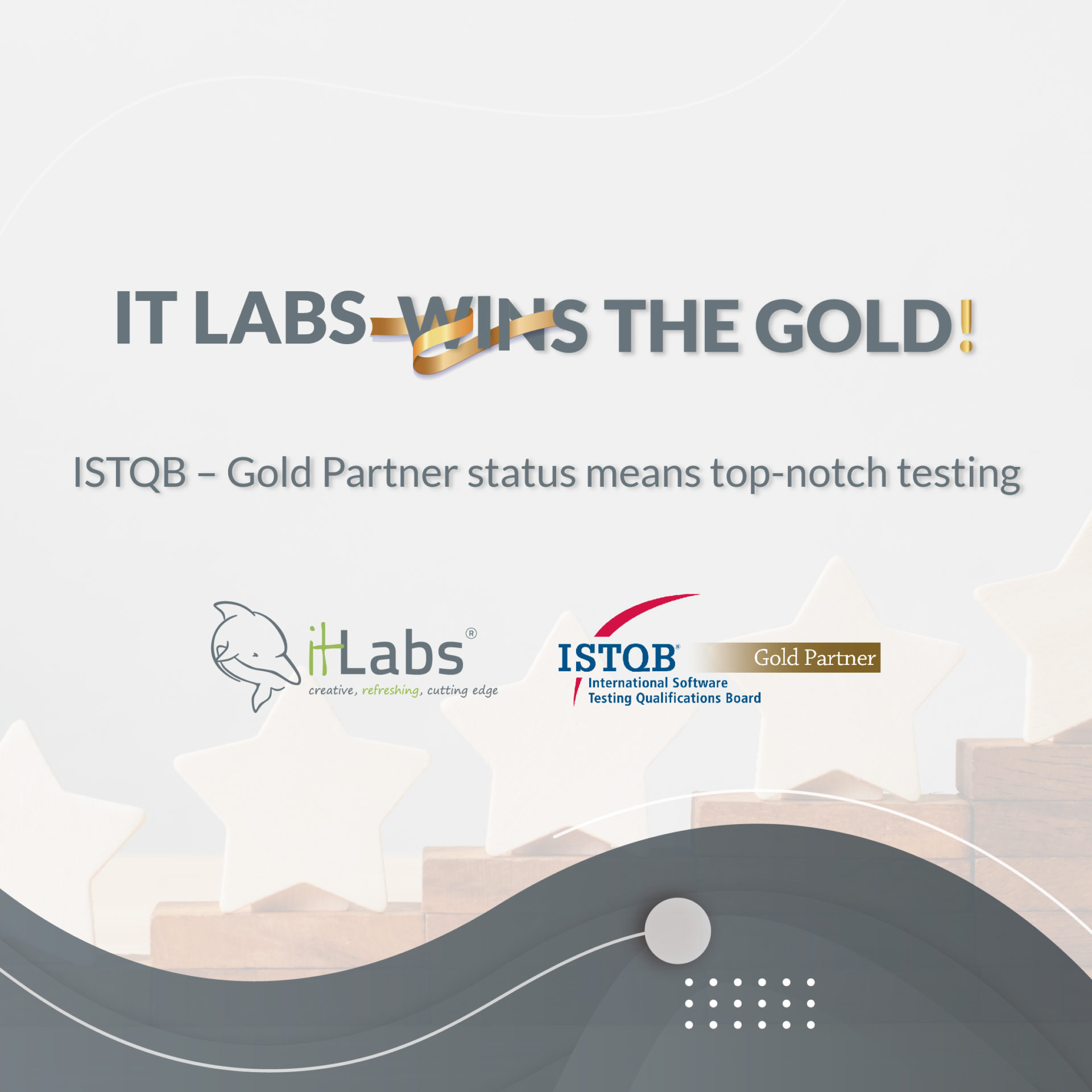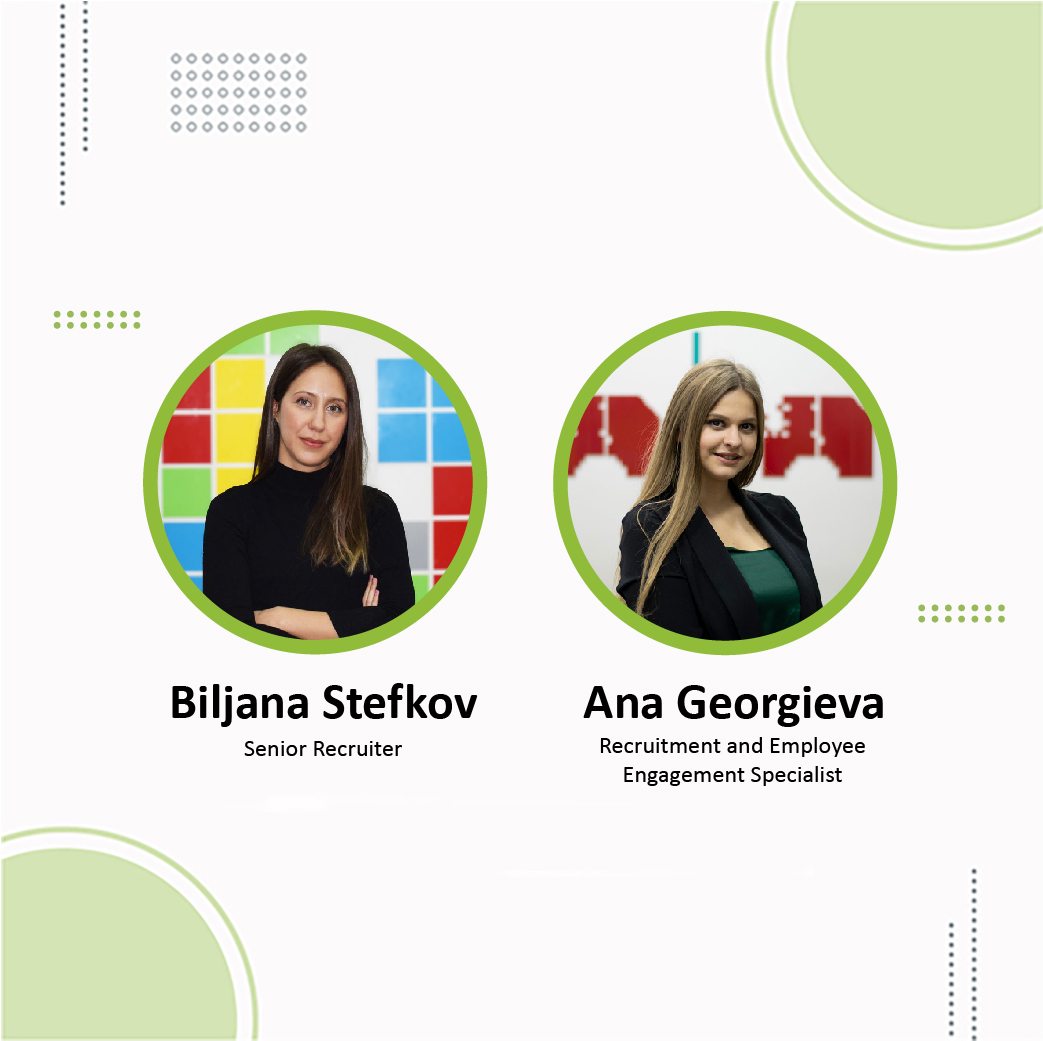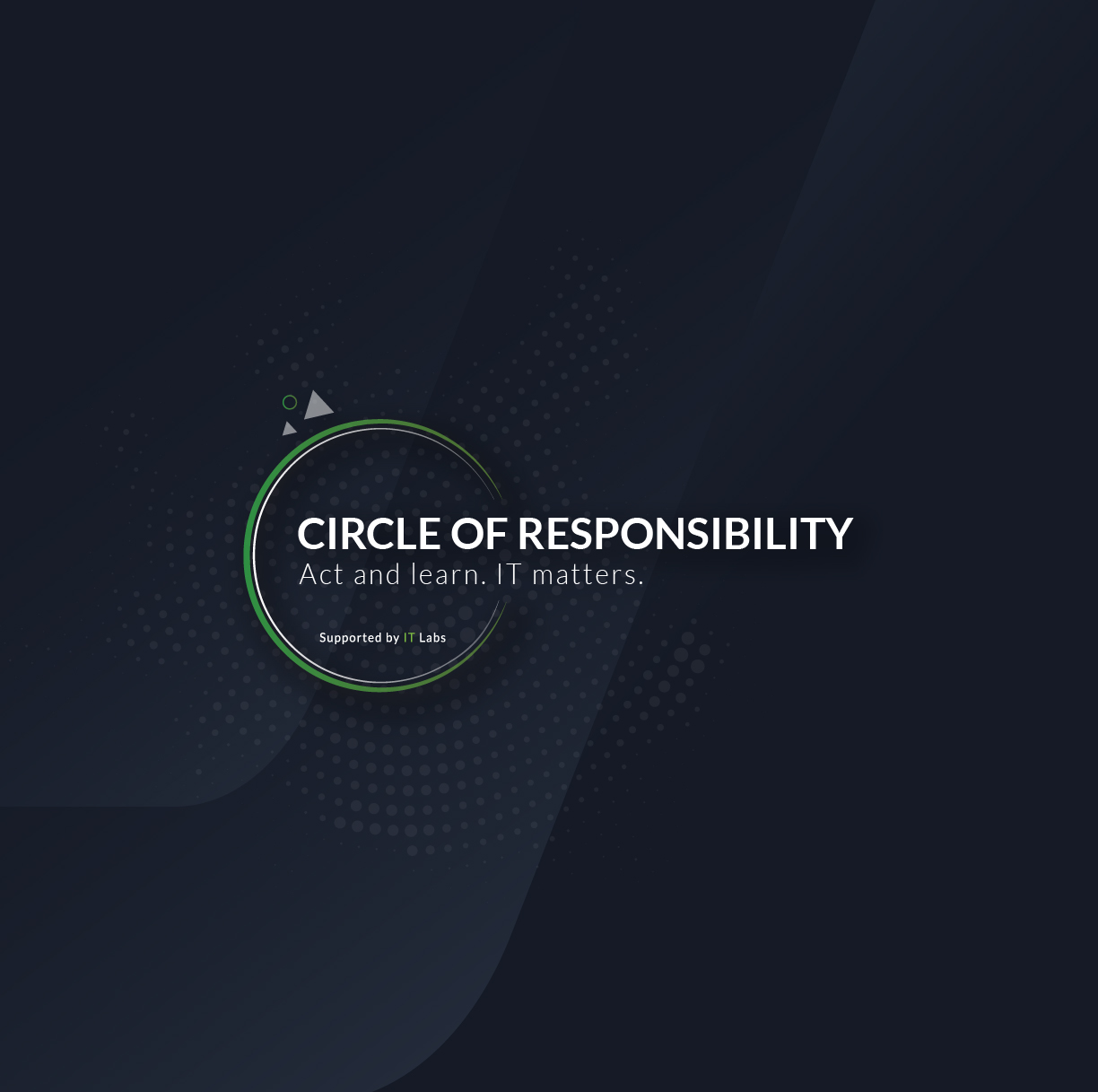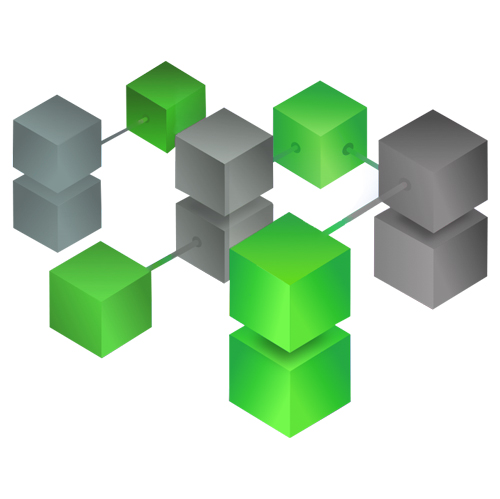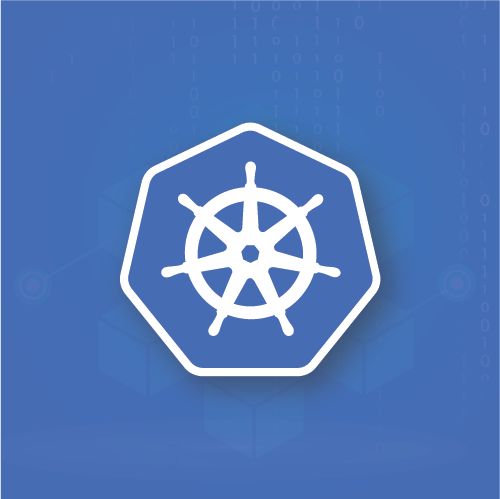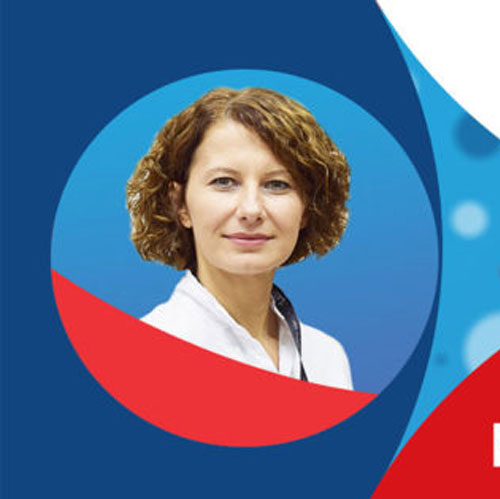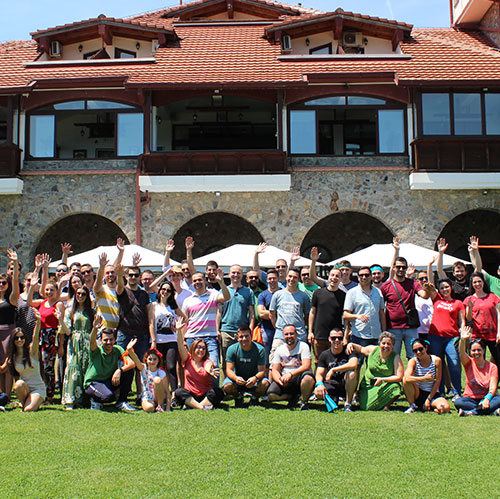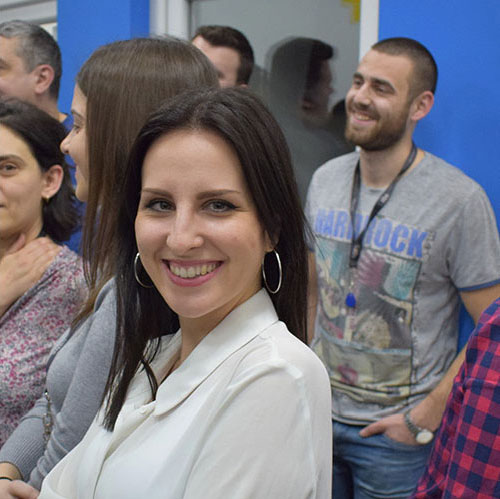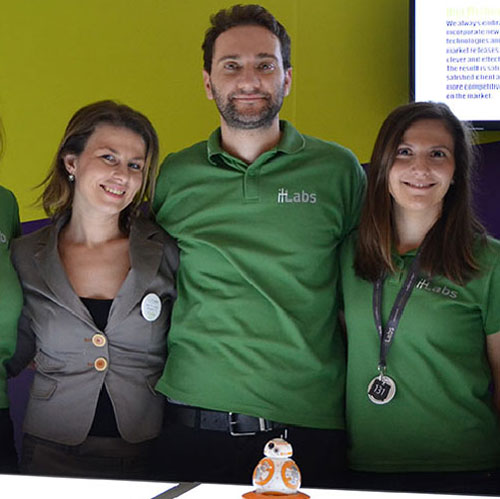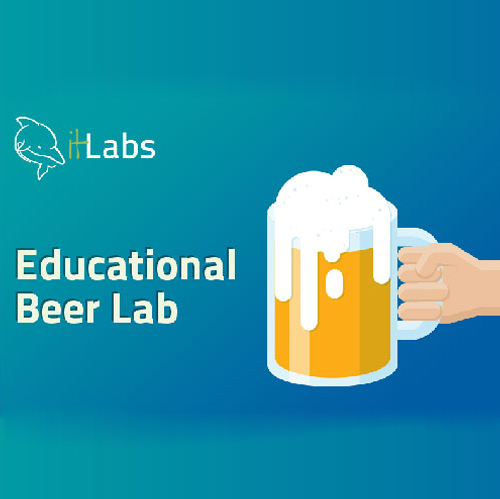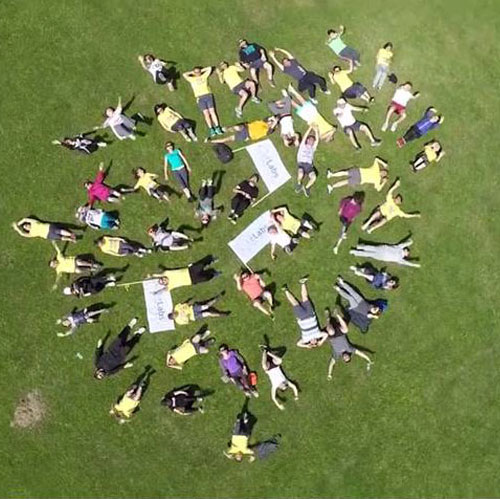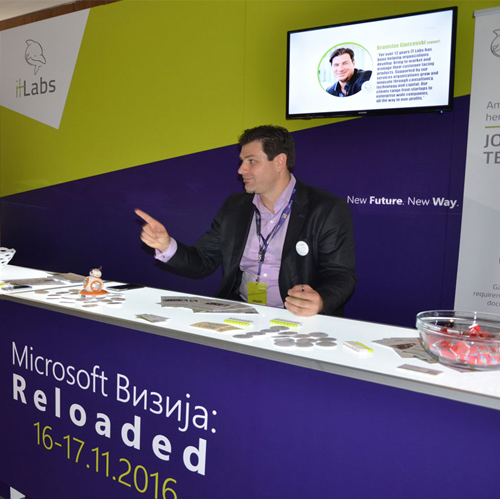Why should our people invest their time and effort taking part in our Soft Skills training program? What are the key benefits they can expect to gain from this program?
Engaging in our Soft Skills program is a strategic investment in personal and professional development. By participating, our people can refine and enhance their communication, elevate teamwork, and sharpen problem-solving abilities. These acquired skills not only increase individual performance but also cultivate a positive and efficient work environment, leading the way for continuous growth and success.
To a leader of the People team in a highly technical industry, navigating the currents of technology and innovation while still making our people a priority, this training program reveal the invaluable pearls of soft skills, enhancing our abilities to communicate, collaborate, and thrive in the ever-evolving landscape of IT.
In the words of the great explorer Jacques Cousteau, ‘The sea, once it casts its spell, holds one in its net of wonder forever.’ Similarly, I believe that our Soft Skills program, will captivate our employees and hold them in the net of personal and professional growth forever. In my experience, possessing technical skills alone is insufficient for success. Effective communication, negotiation, and time management are crucial elements that determine one’s ability to thrive, both professionally and personally, in any environment.
Could you explain how the online format and the use of an online platform enhance the learningexperience for our employees in comparison to traditional training methods?
The online format and the use of an online platform offer several advantages that enhance the learning experience for our employees compared to traditional training methods. First, it offers them flexibility, allowing them to access content at their own pace and convenience. They can choose the most suitable time for learning, accommodating their work schedules and personal commitments. This personalized approach serves different learning styles and allows individuals to focus more on areas where they need additional support.
Employees can access training materials from anywhere with an internet connection. This is especially beneficial for remote or globally dispersed teams, ensuring everyone has equal access to the learning resources. In addition to this, online platforms often incorporate multimedia elements, interactive quizzes, and engaging content that make the learning process more dynamic. This can lead to higher engagement levels and improved retention of information.
Could you please explain how the certification process will contribute to our employees' professional development and career growth?
In the ever-evolving tech world, where change is the only constant, professional development is a must. Certification is a tangible symbol of their commitment to excellence, dedication and growth. The impact of certification is not just a personal achievement; it’s a powerful tool for career advancement. It unlocks doors to new roles, responsibilities, and leadership positions. In the IT industry, where talent is highly sought after, certified professionals are often the first choice for organizations looking to reinforce their teams with top-notch expertise.
However, certification is not just a destination – it’s a lifelong journey. In essence, the certification process is a strategic investment in our employees’ growth, offering benefits such as skills validation, career advancement, industry recognition, and fostering a culture of continuous learning.
What specific soft skills do you believe will have the most significant impact on our employees'performance and contributions to the organization, and how are these skills emphasized in the training modules?
While the importance of specific soft skills can vary depending on an individual employee’s role, there are certain universally valuable soft skills that can turn employees into highly valued professionals. These skills are transferable and can benefit employees across various roles and even organizations.
As a psychologist, coach, and systemic family psychotherapist, I’ve come to recognize that there are some crucial soft skills that will not only bring value to professional development but as well as in your personal life. Those skills are developed in out Soft Skills Training Program. In the complex tapestry of human interaction and personal growth, it’s the soft skills that create the most profound and lasting impact.
As a professional dedicated to helping individuals navigate life’s challenges, I often find inspiration in the words of Albert Einstein: “Imagination is more important than knowledge.” This sentiment resonates deeply in my work, emphasizing the significance of nurturing soft skills that fuel imagination, foster resilience, and drive meaningful change.
The main goal of our soft skills training program is to cultivate professionals who go beyond just providing code or services. We aim to develop strategic individuals who understand the consultancy approach and act as trusted business partners for our clients. Our training modules are designed to equip employees with the skills and mindset to effective communication, problem solving and critical thinking, adaptability and resilience, teamwork and collaboration, leadership and emotional intelligence, and last but not least, time-management.
Some of the modules in the program include negotiations, communication, conflict management; public speaking skills and decision making. How do these skills play a crucial role in fostering career growth and professional development?
In the constantly changing landscape of professional development, the importance of comprehensive skill sets cannot be overstated. At IT Labs, we have precisely crafted a training program that it’s a journey that delves deep into the art of negotiation, the power of communication, the finesse in conflict management, the eloquence of public speaking, and the wisdom of decision-making. With each of these seven topics, comprising two modules at both advanced and professional levels, we empower our professionals to flourish in their careers and become leaders and innovators.
In the narrative of professional development at IT Labs, these seven topics, with their advanced and professional modules, are not just competencies; they are the heroes and heroines of the journey. They empower professionals to excel in negotiations, communication, conflict resolution, public speaking, and decision-making, propelling them toward fulfilling careers and contributing significantly to the organization’s growth and success.
As we begin promoting the first two modules, could you share some insights into the relevance of
"Advanced Communication Skills" and "Time Management" in our employees' roles and the broader context of our organization's success?
In the lively halls of IT Labs, where innovation shapes our success story, the arrival of Advanced Communication Skills and Time Management modules signals a new beginning in our shared journey. Picture a workplace where ideas flow effortlessly, trust and teamwork thrive, and leaders inspire with every word. That’s the world painted by advanced communication skills.
In a scope where time is a valuable resource, mastering its management is the key to making the most of our efforts and achieving excellence. Time management goes beyond personal efficiency; it’s about optimizing resources, maximizing productivity, and ensuring our projects smoothly sail toward success.
It empowers our team to work smarter, not harder, by prioritizing tasks, setting achievable goals, and delivering quality results within deadlines. This efficiency helps us stay agile, adapt quickly to the dynamic nature of our industry, and stay ahead of the curve.
In the bigger picture of our organization’s triumph, these modules aren’t just training sessions – they are investments in our future. Advanced Communication Skills and Time Management empower our team to excel in their roles, fostering collaborative innovation, influential leadership, and efficient operations.

























